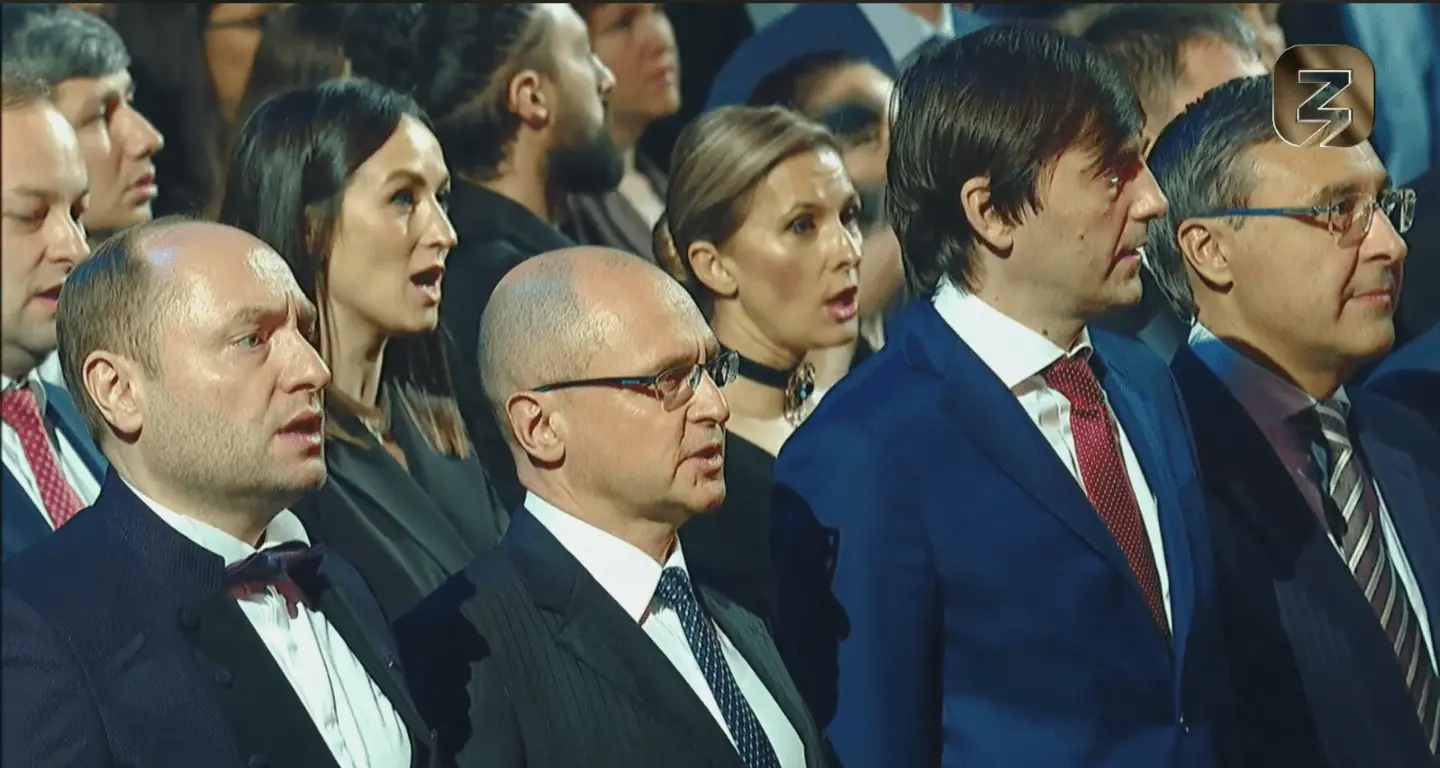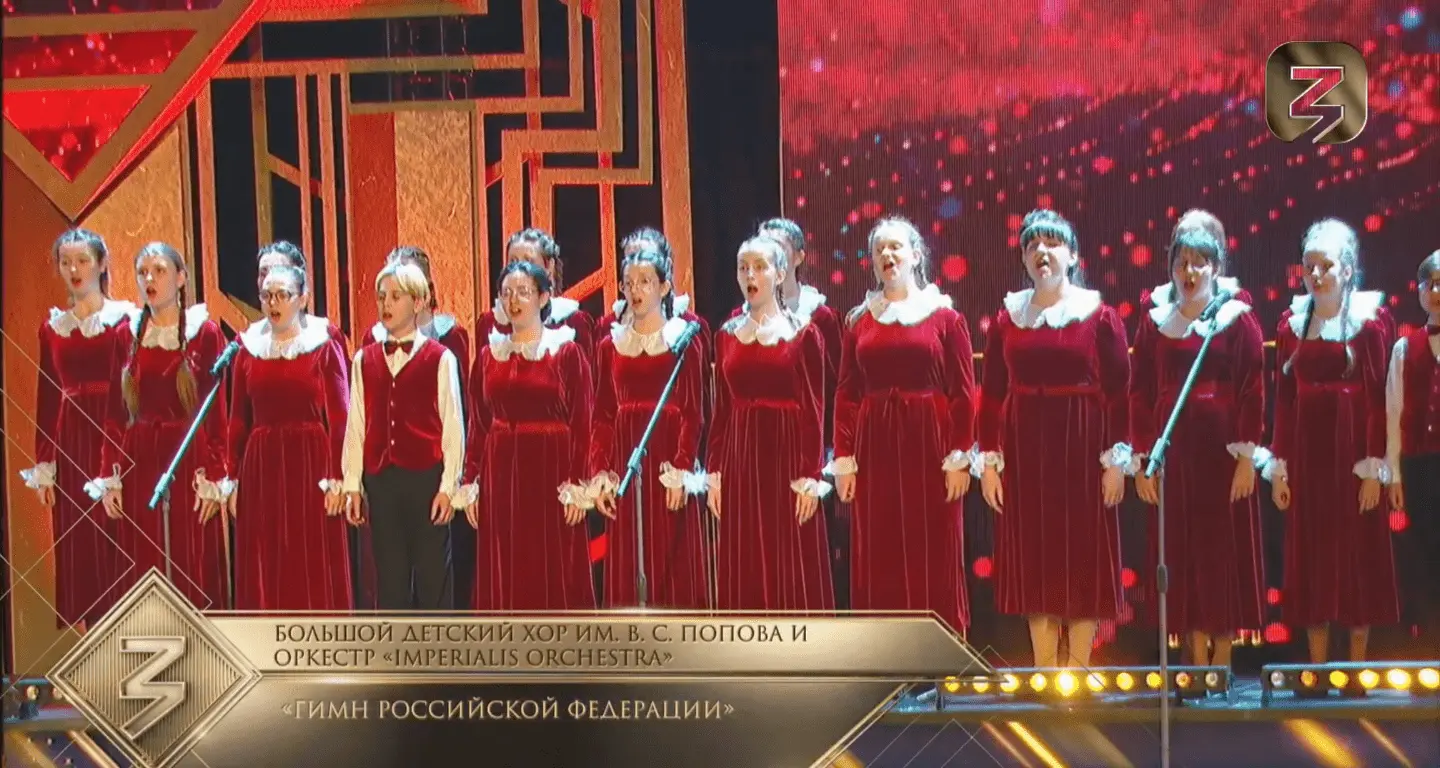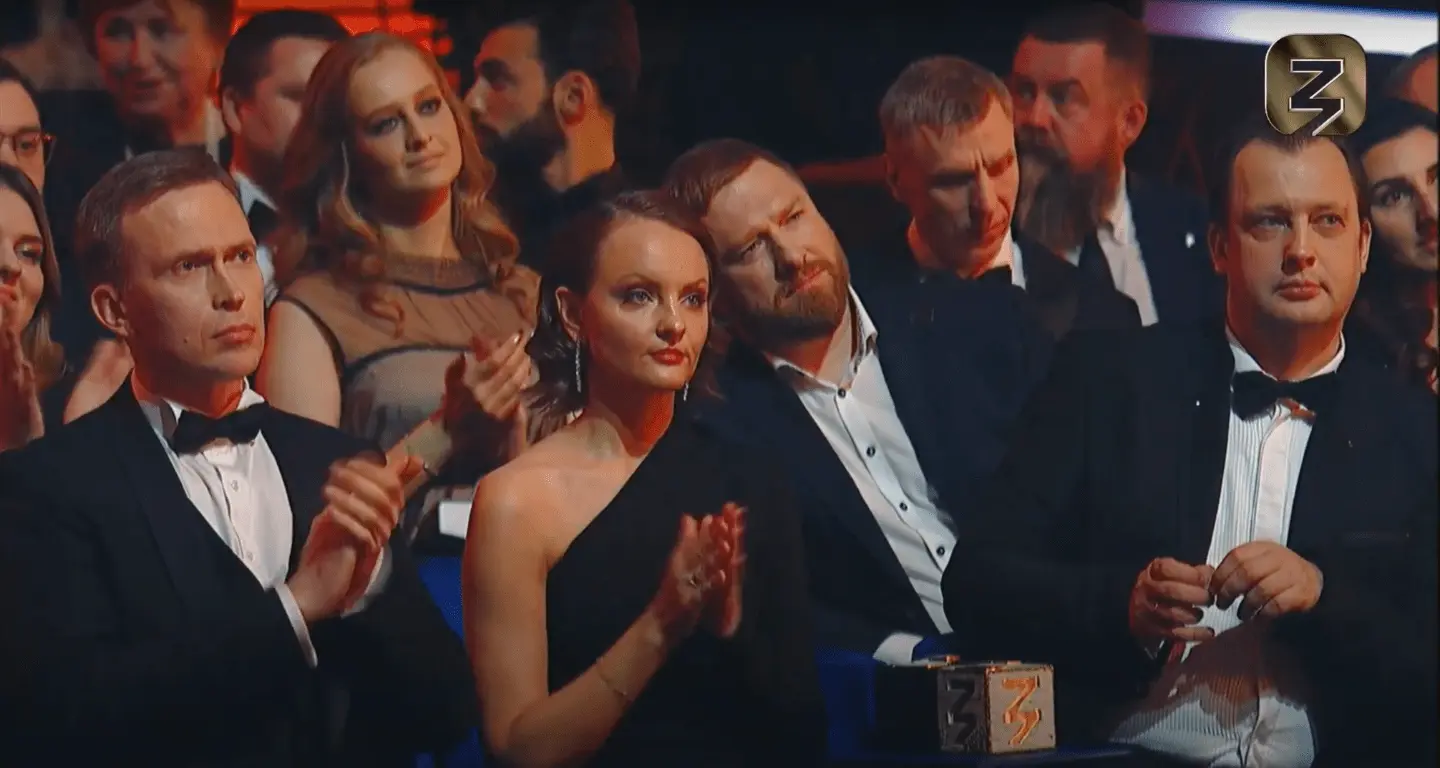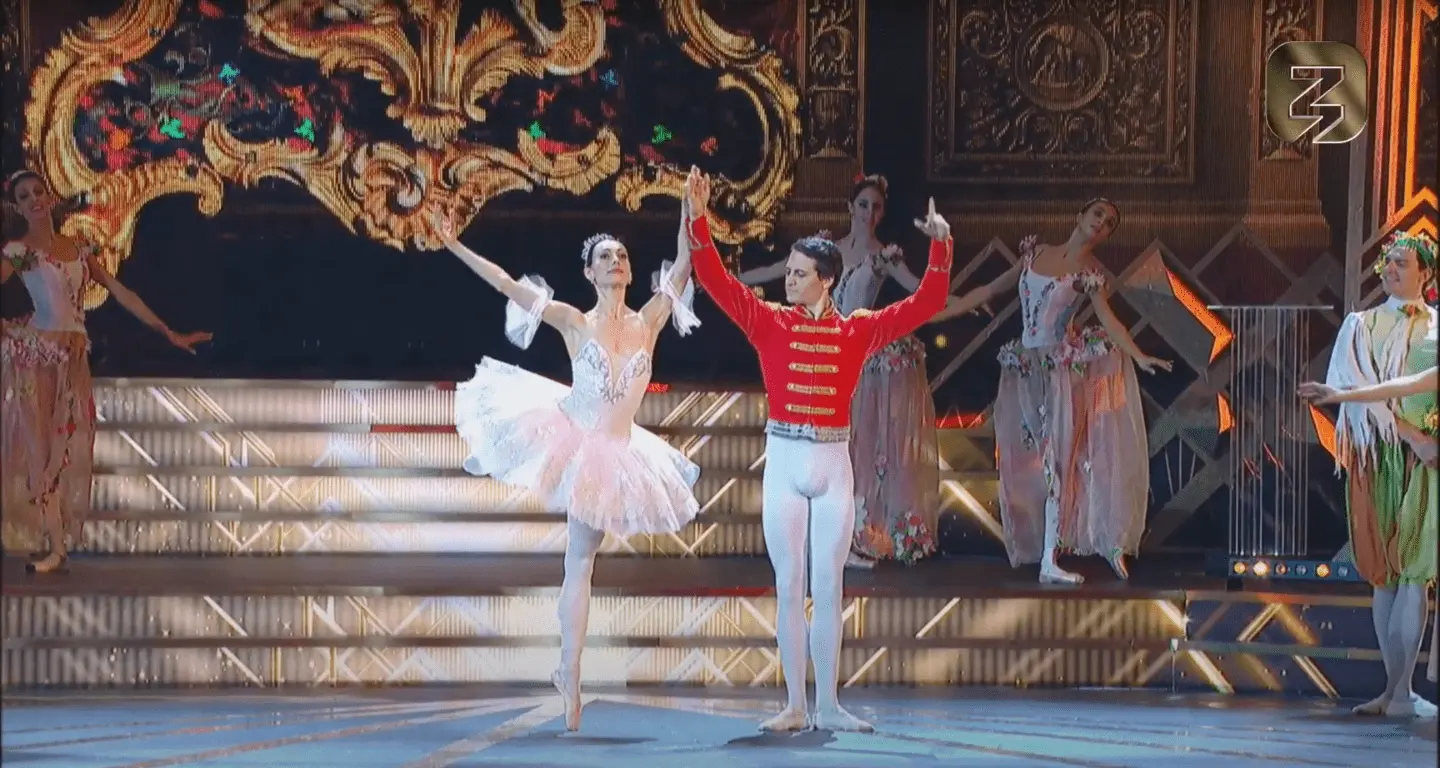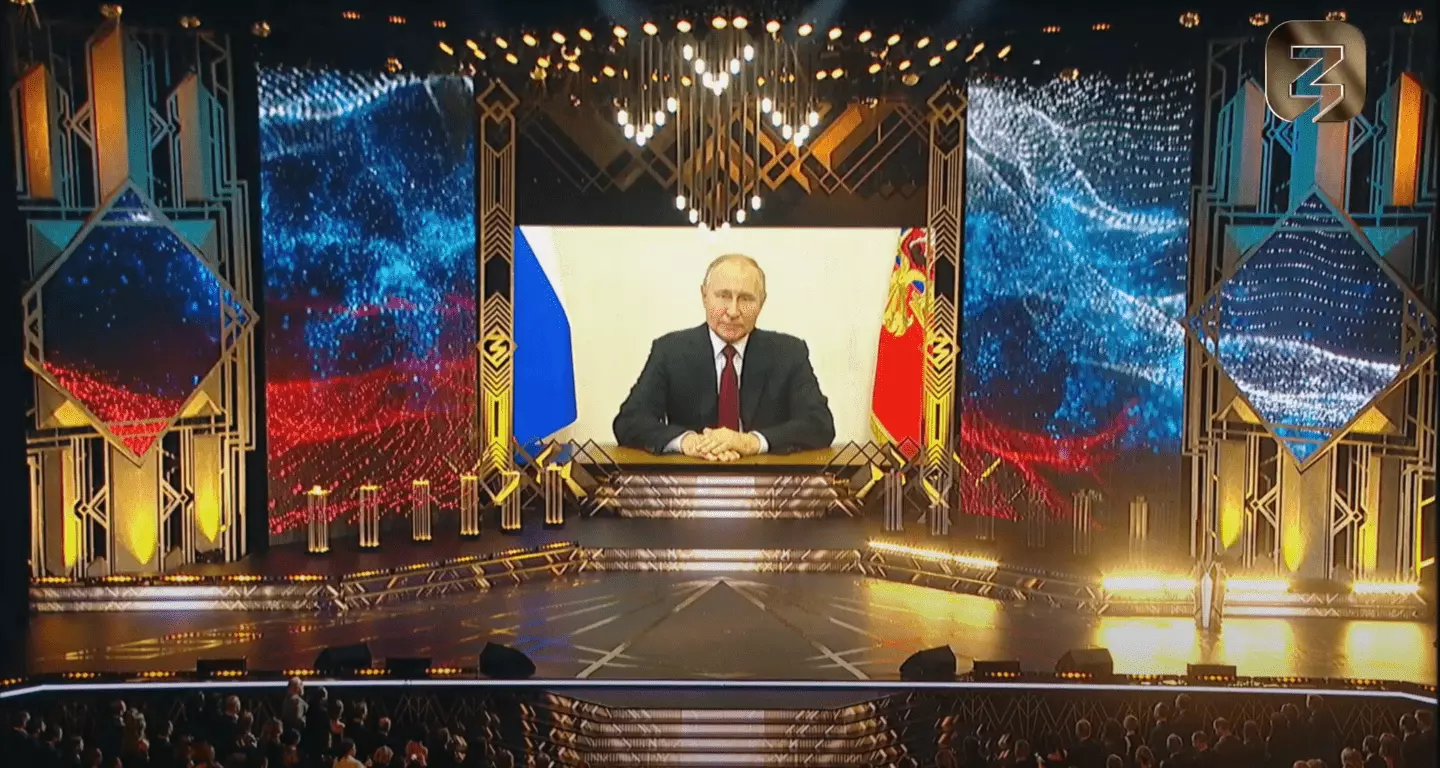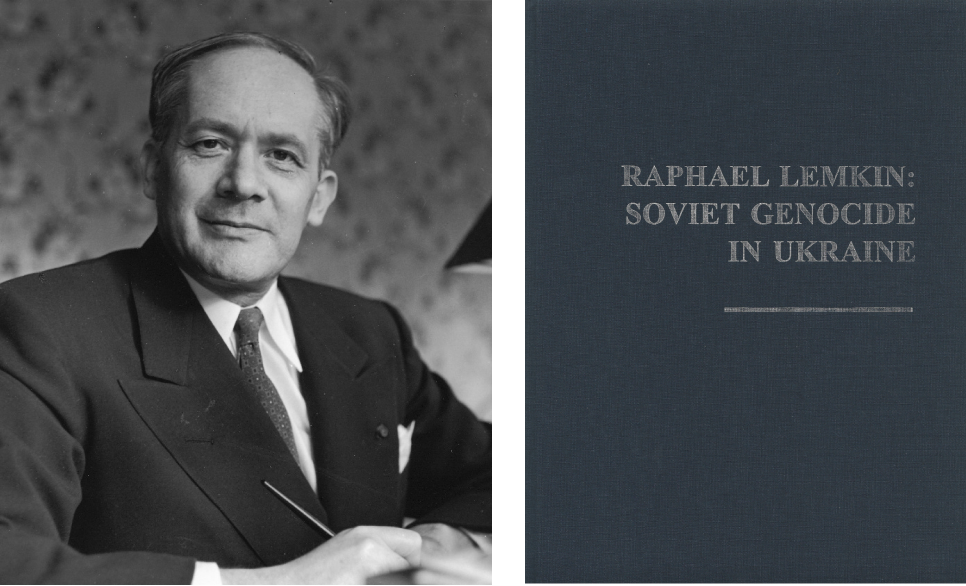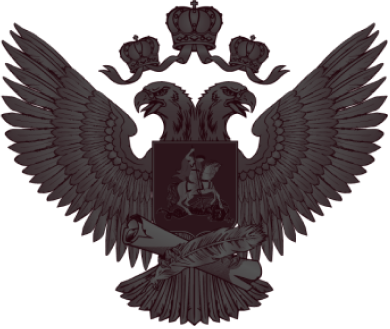
CULTURAL GENOCIDE:
WHO IS INTRODUCING RUSSIAN EDUCATION INTO UKRAINE’S OCCUPIED TERRITORIES AND HOW
This study was triggered by Russia’s repeated claims that the “denazification” of Ukraine should start with the introduction of a different school curriculum and different textbooks into the temporarily occupied territories. In March 2022, shortly after the start of the full-scale invasion, Vladimir Konstantinov, the Russian-appointed spokesman of the “parliament” of occupied Crimea, stressedthat if Russian textbooks were imported to Ukrainian schools, a different generation would emerge in Ukraine in 10 years. As of now, Russia has already delivered over 800 thousand copies of pre-selected books to Ukraine’s temporarily occupied territories, reports зDarya Lantratova, the United Russia deputy secretary and the representative of the illegal armed group “LPR” in the Russian Federation Council. The need to “denazify” the Ukrainian education system has also been discussed in the Russian State Duma.
Russia has developed and set up four schemes for the “denazification” of education in the occupied parts of Ukraine. These schemes are being financed from the Russian state budget. They are: “recruiting” Russian teachers; “retraining” and “capability building” for collaborators; sending recruited Russian students (primarily from pedagogical faculties) to Ukraine as part of the Kremlin’s “humanitarian missions”; terrorizing Ukrainian educators.
The Russian teachers’ primary task in the occupied territories is to erase the Ukrainians’ national identity through education. IMI has identified over 100 persons involved in the organization and perpetration of this crime. Learn more about what Russia is doing to school education in Ukraine in the study by the NGO “Institute of Mass Information”. Follow the link to view the methodology used for the study.
The Institute of Mass Information emphasizes that Russia’s attempts at implementing its system of education in the occupied territories and all the schemes and efforts that serve this purpose should be viewed as part of the cultural genocide of the Ukrainian people.
IMI’s study relies on the concept of cultural genocide as defined by Raphael Lemkin, the lawyer who initiated the Convention on the Prevention and Punishment of the Crime of Genocide. In essence, this concept suggests that the notion of “genocide” can not be reduced to mass murder alone: all aspects of this crime, including the cultural aspect, should be taken into account.
-
The Institute of Mass Information calls on the Ukrainian authorities and the international community to:
- Amend the Criminal Code of Ukraine. We need a law that would make Russian educators personally liable for coming to the temporarily occupied territories to force the aggressor state’s identity onto Ukrainians through the education system.
- Add the Russian persons and entities complicit in the unlawful introduction of Russian education into the temporarily occupied territories of Ukraine to the international sanction lists.
- Take the cultural aspect of genocide into account while documenting Russia’s crimes against Ukraine, namely the crimes related to education.
THE STUDY
Russia is developing an education “denazification” programme for Ukraine, said Yana Lantratova, first deputy chair of the State Duma Committee on Education, in August 2022. The official noted that the aggressor state had gone so far as to create a new interfaction task force to “fight the distortion of education” in the temporarily occupied territories of Ukraine. Translated from the Kremlin’s “newspeak”, this means that the Russian government seeks to erase the Ukrainians’ national identity through education, imposing its own, hostile identity onto them instead. The Russian Federation started these efforts long before the full-scale invasion. Russia’s actions are planned, systematic and fall under the definition of “cultural genocide”.



The Institute of Mass Information has conducted an extensive study to outline the specific ways Russia is introducing its education system into the temporarily occupied territories, what these efforts entail, who is behind them and how much money the aggressor state is investing in them. Having collected the media evidence, IMI managed to identify over a hundred persons responsible for organizing this crime. It should be noted that as of April 2023, most of these persons have not been sanctioned despite their actions. IMI also compiled our own list of educators who verifiably are working or have worked in educational institutions in the occupied territories. Yet, properly prosecuting them is nearly impossible due to loopholes in Ukraine’s law.
Russia has developed and set up multiple unlawful plans to erase the Ukrainian national identity, with the Kremlin allocating state budget funds for their implementation. In this study, we will analyze the most prominent ones, such as “recruiting” Russian educators for work in Ukraine’s occupied territories, organizing so-called humanitarian missions and “refresher courses” for collaborators. Incidentally, many Ukrainian educators refuse to work for the Russian occupiers, as even the Kremlin’s propagandists have admitted while reporting a shortage of teachers in the occupied territories.
So Russia opts to terrorize Ukrainian educators to coerce them into cooperation and suppress their resistance. Introducing Russian education into the occupied regions of Ukraine falls into the jurisdiction of Sergey Kiriyenko, First Deputy Chief of Staff of the Presidential Administration of Russia. In April 2022, the official replaced Dmitri Kozak as supervisor of Russia’s “cooperation” with the illegal armed groups “DPR” and “LPR”. Kiriyenko also runs other temporarily occupied territories of Ukraine.
How is Russia implementing its education system in Ukraine’s temporarily occupied territories?
 Go to section
Go to section
 Go to section
Go to section
 Go to section
Go to section
 Go to section
Go to section
Who is implementing the unlawful “reconditioning” of Ukrainian schoolchildren and students? What is being offered to Russian teachers? What penalties the propagandist educators may face? Learn this and see the evidence of Russia’s use of education in the cultural genocide against the Ukrainian people in the detailed study by the Institute of Mass Information.
Before delving into the schemes Russia has developed to introduce its education system into the occupied territories of Ukraine, let us outline what “education by Russian standards” means. Briefly put, it means, first, fake-ridden pseudo-history textbooks about the "heroic deeds" of the Russian army and books about Kyiv’s alleged “crimes” in the Donbas. Second, it means a total ban on studying Ukrainian language and literature or offering them as elective classes, which is de-facto synonymous. Third, it means so-called “patriotic education” classes – the "Talks on What Matters", which were introduced in Russia and in the temporarily occupied territories of Ukraine on September 1, 2022. These “Talks” are a kind of an addendum to the Russian history class, but their purpose is to distort the current events as opposed to the past. For instance, teachers are recommended to talk to 5–11 grade students about the sham referendums on the occupied territories’ accession to Russia:
“These are Russian lands where Russian people live. Kherson and Zaporizhzhia were founded by Catherine II in 1778 to be Russia’s shipbuilding centers. Luhansk and Donetsk emerged several years later, becoming large industrial Russian cities. These regions were part of the Russian state the whole time, and it is only in the last 30 years that they had existed separately. The people of these regions appealed to us, to Russia, asking us to support their will to become part of our big country again, and voted for it in accordance with international law, and we answered their call,”
read the lesson plans published on the official website for “Talks on What Matters”.
Moreover, Russia has announced that the “Health & Safety Basics” syllabus would be supplemented with military training and a new class dedicated to the history and foundations of Russian statehood would be introduced.
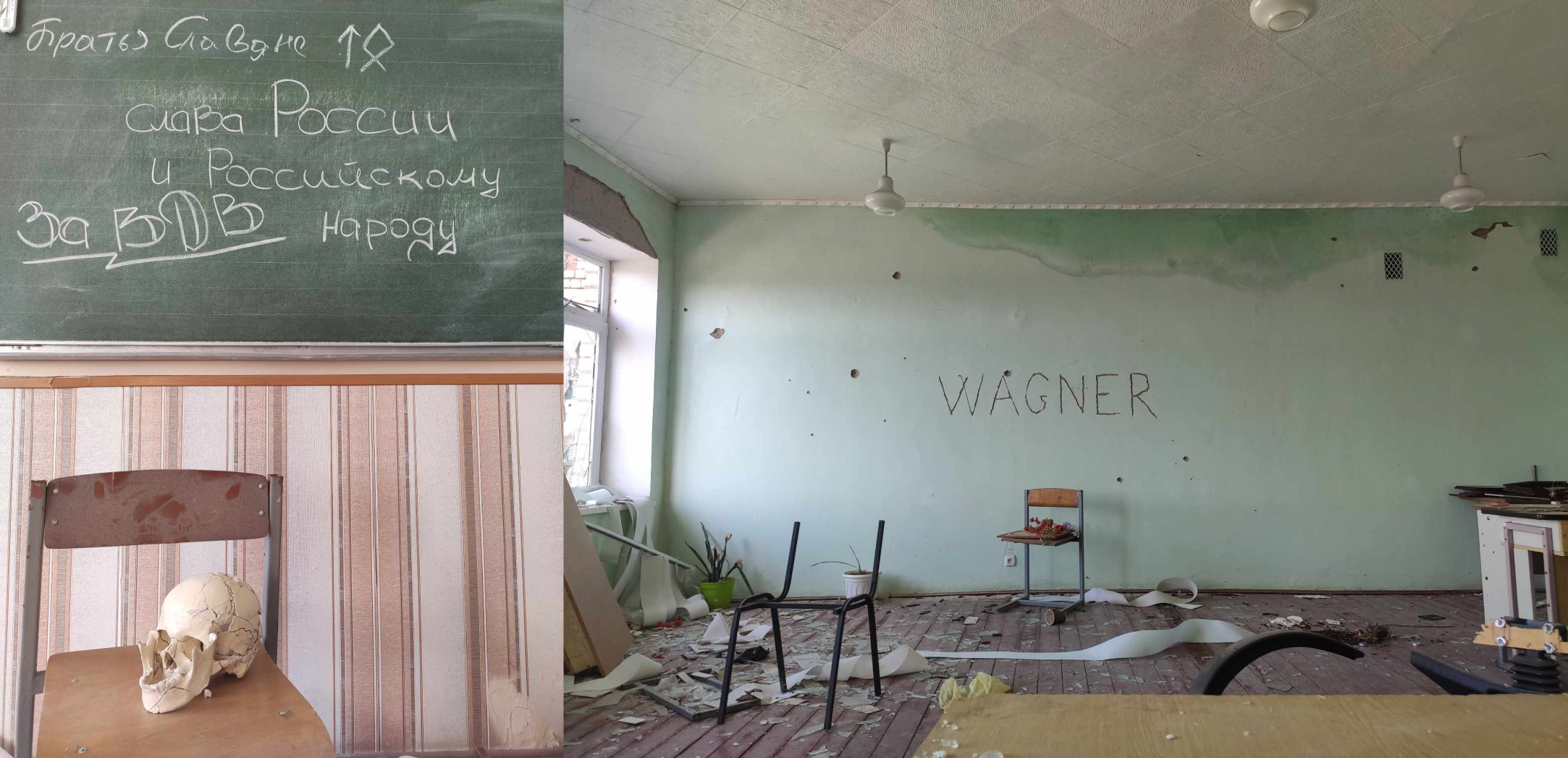
Two monthly salaries in a week: how Russian educators are being “recruited”
In early summer 2022 Russia started compiling lists of educators who were willing to make a prolonged work trip to the temporarily occupied parts of Donetsk, Luhansk, Kharkiv, Kherson and Zaporizhzhia oblasts. No official document ordering such a list is publicly available. Yet, this is what the Russian Ministry of Education required in their letter to the regional education ministries; those, in their turn, passed it on to school principals. This was reported, among others, by the Russian website “Podjem”, the Barnaul and Altai Krai news agency “Amic” and the online resource “Kavkazsky Uzel”.
which has been deemed a “foreign agent” in Russia. The Russian Ministry of Education never gave a direct answer to the questions about the deployment of teachers to Ukraine’s occupied territories, but they have noted that the state body was supplying the Donbas with textbooks and helping with the introduction of “quality Russian standards” into the education process. The regional education ministries, on the other hand, were never coy about their direct involvement in the “recruitment” of educators, posting invitations for working in Ukraine on their official websites.
“Recruiting” educators


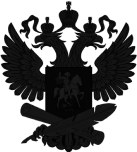




Russia is attracting educators to the temporarily occupied territories with money.For instance, on June 17, 2022, the Russian government issued a resolution which says that citizens who agree to work in Donetsk, Luhansk and the other seized oblasts are amounted to 57,000 rubles a month. Which means that a week of working in the occupied territories is valued at twice the monthly salary – a Russian teacher may earn over 360,000 rubles in a month.
Incidentally, this sum is equivalent to the monthly salary of the Russian propagandist, NTV’s “Mesto Vstrechi” host, Andrei Norkin. Or at least this is how much the Kremlin minion used to earn in 2019 according to the Federal Penitentiary Service, the Russian Insider. It is not our intention to assess the accuracy of this data or speculate as to how much money the likes of Norkin may be receiving “in envelopes” on top of their salary; we will merely note that there is a reason why we compare the salaries of Russian educators in the occupied territories with those of the Kremlin’s propagandists.
The Russian teachers’ primary mission in Ukraine is not to provide “methodical assistance in the education process,” as the regional education ministries say, but to spread propaganda and ideologically groom the Ukrainian schoolchildren and their parents. We present the proofs below.
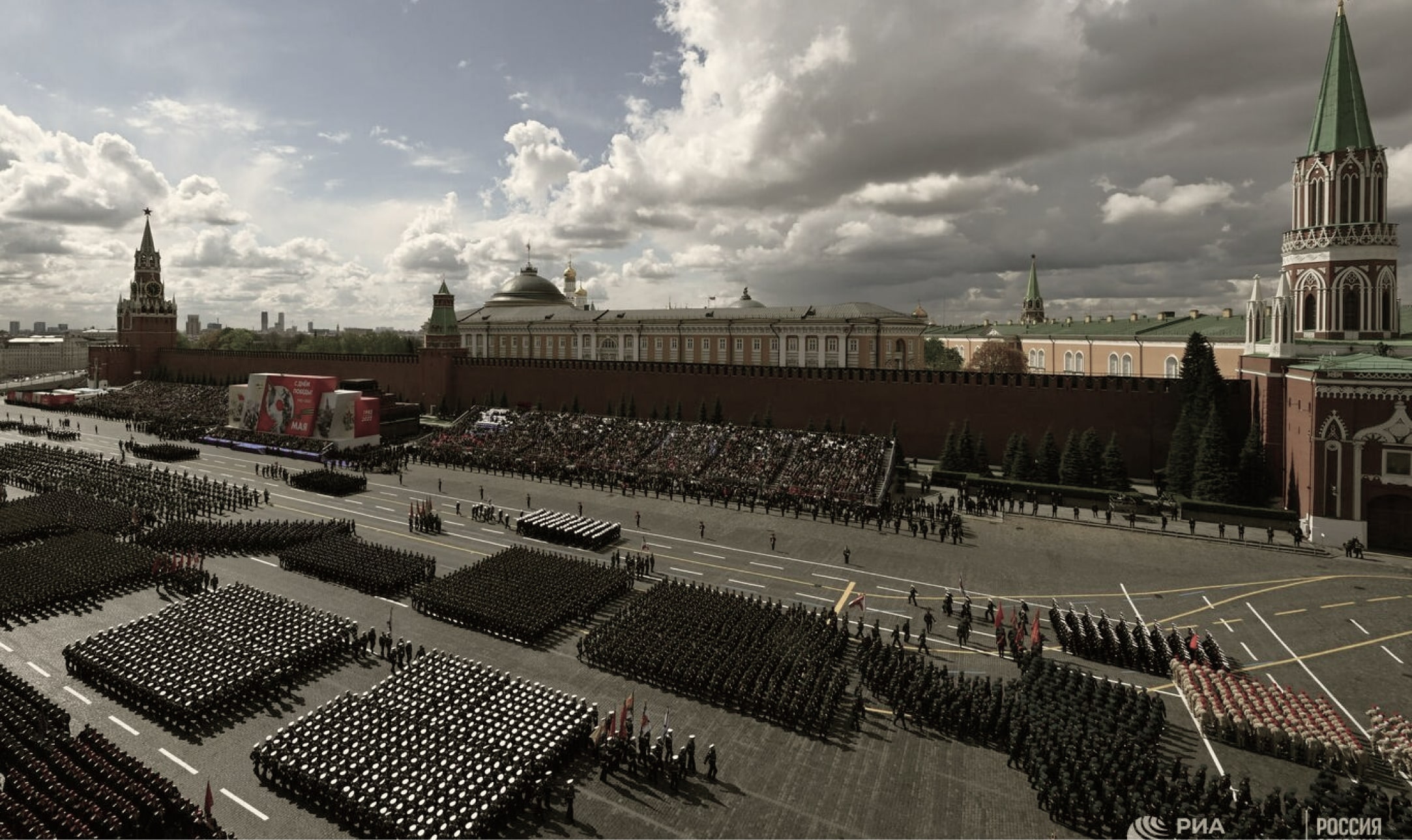
Nobody knew who exactly among Russian educators had taken the tempting offer to make some money or how long their trips were supposed to last until the education ministry of Dagestan accidentally uploaded a table with this classified information to their website. This was pointed out by the Russian labor union “Teachers’ Alliance”. After an uproar in the Russian media, the Dagestani state body deleted all the data – now it can not be restored. However, the chair of the Teachers’ Alliances, Daniil Ken, has said, that he managed to save the information and send the Russian teachers’ personal details to the Security Service of Ukraine.
The list published by the Dagestani Ministry of Education included 214 people from 33 regions, according to Russian resources that claim to have the table at their disposal as well. The educators’ trip was supposed to start on September 1, 2022, and to last a year, with some teachers remaining in the occupied territories until May or December 2023. We should stress that as of late March 2023, the majority of regional education ministers have not been sanctioned yet despite their role in helping the Ministry of Education of Russia compile the data on educators who are to be sent to Ukraine. Dagestan was preparing to send most people (60 teachers) to the occupied territories. This region has a high rate of unemployed people who are teachers by education, says Saida Sirazhudinova, head of the Center for Researching Global Issues of Today and Regional Issues “Caucasus. World. Development”. The list also includes 23 people from Yaroslavl region, 20 from Krasnodar Krai, 13 from Rostov region. Between the Altai Republic, Irkutsk and Omsk regions, the state managed to “recruit” 11 educators from each, as well as 8 teachers from Astrakhan region, 5 from Penza region, etc.
Some entries in the table are repeating, so it is hard to tell exactly how many people were supposed to be sent to the occupied territories, say, from Ivanovo region. At any rate, as the Teachers’ Alliance notes, the list is probably just a “fragment” of information, and in reality there are much more teachers who agreed to “re-educate” the Ukrainian children. Yet, it unclear how many of those “recruited” teachers did reach the occupied territories and had the time to work there, since in mid-2022 multiple" regions of Russia started cancelling or postponing the teachers’ trips to Ukraine indefinitely. The reasons for this are not known for sure. The pro-state media have explained that the quasirepublics “DPR” and “LPR”, where they had just planned to send the teachers, were currently unsafe, citing Russian officials.
Teachers from these regions of Russia come to Ukraine’s temporarily occupied territories

Having collected the media evidence, IMI compiled our own list of Russian educators who verifiably have worked or are currently working in educational institutions in the occupied territories. The list includes the people whose involvement has been openly reported by the Russian media. Some other Russian teachers could not be identified, as their stories were published under fake names or there was no information on them available except the names. IMI has identified 15 educators complicit in the unlawful implementation of the Russian school standards in Ukraine: 12 teachers from Dagestan and one from Novosibirsk region, Udmurtia and Buryatia each. However, the phyiscs teacher from Buryatia, Oksana Bukholtseva, who is also a deputy of the republic’s People’s Khural, claims, to have arrived in the occupied Donetsk of her own volition, not as part of any “humanitarian mission” and without filing a work trip. This information can not be immediately verified, but propagandists like to emphasize на тому, що Бухольцева опинилася на Донбасі "following her heart's call.". The deputy often gives interviews to pro-Kremlin media, saying that the people in the occupied territories had allegedly been waiting for Russia to come and promoting fakessuch as “the Ukronazis started hunting teachers down.” Furthermore, Bukholtseva does crowdfunding campaigns for the Russian army. And, finally, the Buryat deputy has taken part in the pseudo-referendum on the accession of the occupied parts of Donetsk oblast to Russia.
As for the educators who went to the occupied regions of Ukraine on a work trip, the Russian media (regional as well as federal outlets) are most willing to report on the stories of the volunteers sent to Zaporizhzhia oblast from Dagestan. According to the Dagestani Ministry of Education and Science, there are 14 such educators, even though only 12 have shown up in the propagandists’ reports. Among these people, there are both regular teachers and those who have been principals or managers in Russian schools. Some Dagestani educators were assigned a higher qualification category when they were already working in the occupied territories, as confirmed by Addendum No. 1 to the October 19, 2022 decree by the Ministry of Education and Science of Dagestan. The educators’ expertise varies greatly, which also serves as confirmation that the primary purpose of their deployment is to “rewire” the pupils ideologically. A narrative most often endorsed by the Kremlin propaganda and by the new volunteer teachers themselves is that the Ukrainian education lacks quality and is no match for the “high” Russian standards.
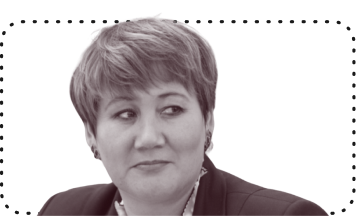
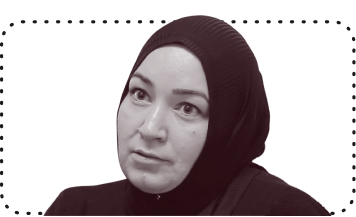

One TV channel in Dagestan released a story about Russian teachers literally saving the “pedagogically neglected” Ukrainian children. The educators complained that before their arrival, the children only spoke Ukrainian while “the Russian language was like English to them,” and that they purportedly believed that the Black Sea was dug by their ancestors – a fake about Ukraine that Russia has been pushing since 2014. At the same time, Georgiy Georgiev, a Russian language teacher from Udmurtia’s capital Izhevsk, told he Perviy Kanal propagandists that the people in Melitopol do not know the Russian alphabet at all, yet “speak the language wonderfully – after all, nearly all of them think in Russian.” Incidentally, in July 2022 Grigoriev admitted to The Washington Post that as he had agreed to work in Ukraine, the “good salary” was the dealbreaker – he had none of the ideological considerations which the Russian TV often speaks of, such as “helping to fill the gaps in their knowledge.”
Within the alternative reality that benefits the Kremlin, Russian officials say that Russia must send teachers to the occupied territories because qualified educators are scarce in Ukraine. However, even if that was not a fake, it would still beg questions that the aggressor country is sending out educators to teach not only humanities and socio-economic subjects, but also PE. In reality, Russia’s concern is not knowledge, but ridding pupils and students of their Ukrainian identity and grooming them to support Putin’s regime – as it does in the domestic educational institutions.
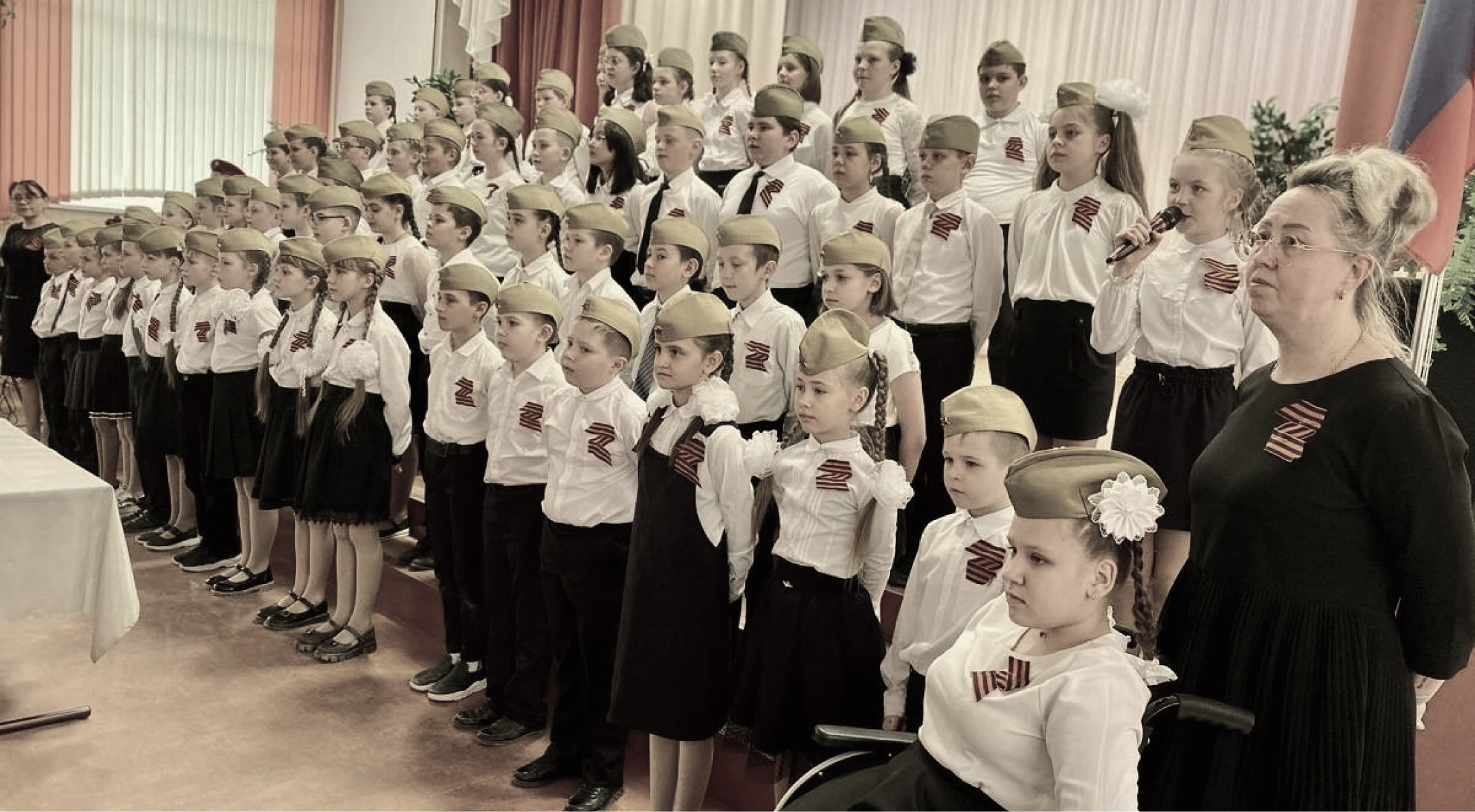
The Russian teachers coming to Ukraine to enforce the aggressor state’s ideology through education must be held accountable. But how should their actions be classified? The current Ukrainian law lacks an article that would stipulate such liability for the Russian teachers in the occupied territories; therefore, the law needs to be amended. The Criminal Code of Ukraine has Article 111-1 Part 3, which outlines the actions of Russian teachers in the occupied territories, but it serves to punish Ukrainian citizens for collaborationism. The law mentions “propaganda in educational institutions, regardless of the types and forms of ownership, to facilitate the armed aggression against Ukraine, establishment and consolidation of the temporary occupation of a part of the territory of Ukraine, avoidance of responsibility for the armed aggression against Ukraine by the aggressor state, as well as the actions of citizens of Ukraine aimed at implementing the education standards of the aggressor state in educational institutions.” The penalties stipulated by the law include community service for up to two years, arrest for up to six months, or three years in prison with deprivation of the right to hold certain positions or engage in certain activities for 10 to 15 years.
““So as of today, only the collaborating teachers who hold Ukrainian citizenship can be held accountable for the unlawful implementation of Russian education. As for the aggressor state’s educators, those can be brought to justice if they are deemed accomplices (organizers, instigators, abettors) in the aforementioned crime. The mere fact of the aggressor state’s teachers committing the listed actions (the execution itself) currently remains beyond the legal framework of the valid Criminal Code of Ukraine,” specifies the lawyer Volodymyr Zelenchuk.
As it stands today, Russian teachers can be held accountable under CCU Article 332-1 for “violating the procedure for entering the temporarily occupied territory of Ukraine or leaving it.” As per Part 1 of the article, the aforementioned unlawful actions “committed with the aim of interfering with the state’s interests are punished by limitation of freedom for up to three years or deprivation of freedom for the same term with confiscation of vehicles.”


Incidentally, we know that in addition to the landing force of propagandist teachers, a school in occupied Melitopol hosted martial arts classes by a coach from Kaliningrad, Vyacheslav Morozov, and an instructor from the Russian Martial Arts Union, Igor Kibchenko, who is also the community council chair of the United Russia project “Children’s Sports” in occupied Crimea. Yet, Kibchenko’s involvement in state-sponsored projects and the coaches’ approval of Putin’s regime is not the only issue here. We should also pay attention to the classes’ organizer – the Russian Society “Znanie”. This organization was created on the basis of the All-Union Society for the Promotion of Political and Academic Knowledge that had existed in the Soviet era. In April 2021 Putin ordered,to bring “Znanie” back and “reboot the Society’s work on a modern digital platform. It seems that in recent years it has been present, yet largely unnoticed.” The rebooted “Znanie” changed their logo to the letter Z, which eventually became the symbol of the Russian invaders in Ukraine, and their management.
Russian Society “Znanie”

The supervisory board was then chaired by Sergey Kiriyenko, First Deputy Chief of Staff of the Presidential Administration of Russia who now oversees Russia’s “cooperation” with the occupied territories. Other members of the “Znanie” supervisory board included the Russian Minister of Education, Sergey Kravtsov, the Minister of Science and Higher Education, Valery Falkov, the Deputy Minister of Education and then-head of Rosmolodezh, Alexander Bugayev, etc. The Russian Society “Znanie” claims to be an organization that engages in education work and produces “intellectual content”. However, the “educational” lectures are often given by Russian officials or culture and sports figures who support Russia’s military aggression against Ukraine. Namely, “Znanie” has hosted talks: by: MFA RF spokeswoman Zakharova and Foreign Affairs Minister Lavrov, Putin’s press secretary Peskov, CEO of the propaganda media holding “VGTRK” Dobrodeyev, pro-Putin actor Mashkov, writer Lukyanenko, etc. “Znanie’s” primary objectives, as listed on their website, include supporting educators and students, funding promising educational projects, cultivating patriotism in the growing generation, and fighting the “falsification” of history.

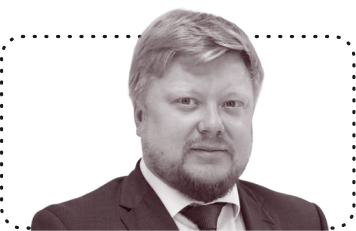
In reality, the organization’s projects and events traditionally boil down to promoting the Kremlin’s propaganda and whitewashing Russia’s crimes. The conference on the implementation of Russian education standards in the occupied Donetsk and Luhansk oblasts is a prime example. The conference featured speeches by the so-called education and science minister of the Kremlin-backed armed group “LPR”, Ivan Kusov, and the State Duma Education Committee chair, Olga Kazakova. At the event, both stressed repeatedly that the schools in the occupied territories switching from the Ukrainian education system to the Russian one was a big achievement. This is how Kazakova explained the difference between Ukrainian and Russian textbooks:
“In the Russian education system, the textbooks, the way knowledge is presented, the way it is taught, the system of upbringing say nothing about hate towards any nation. [...] The textbooks we have seen, the ones that were brought from the ‘liberated’ territories (“liberated” is Russia’s term for the temporarily occupied territories of Ukraine. – Ed.), the history books that are filled with – not even misconceptions, but pure fantasy! – show hate for everything Russian, for our shared history. We have none of that. Russia is about love, about friendship!”
Let us go back to the sports forum organized by the “Znanie” Society in occupied Melitopol. There is no video footage of the events, so there are no guarantees that the “martial arts lectures” were not used to impose the Kremlin’s alternative reality onto the schoolchildren.
“Humanitarian missions” and student squads
The next scheme arranged by the aggressor state to illegally introduce Russian education into Ukraine is the so-called humanitarian missions to the temporarily occupied territories. The programme tellingly dubbed "#MYVMESTE" (“We are Together”) does the selection, the training, and the deployment of “volunteering teachers” to Ukraine. According to one of the people organizing the “missions”, the chair of the State Duma Committee for Youth Policy, Artyom Metelev, doctors, medics, therapists, teachers and other specialists selected by the programme will go to the occupied territories to “restore peaceful life.” The fact that the purportedly peacekeeping team that deals with the “humanitarian missions” also provides a broad variety of aid to AFRF soldiers and their families is revealing. The advertisement for the #MYVMESTE hotline for conscripts features a woman who claims to be a Russian soldier’s wife and calls on the viewer to help the families of the servicemen and “to stand together” while the people like her husband “are defending our homeland.” This is yet another example of Russian propaganda using euphemisms, softer words and phrases to disguise what is really happening.
Consequently, the kinds of aid that the programme’s team provides do not seem jarring to the mind of Russian citizens, who believe that Russia was “forced to invade.”
Russia’s go-to strategy of suppressing grassroots resistance in the occupied territories is also worth mentioning: the aggressor country blocks the humanitarian aid coming from international and Ukrainian organizations, ruins civilian infrastructure and healthcare facilities, then films propaganda clips where they “rescue” Ukrainians by handing out food, water and medicine to them. Russian forces shooting at queues near grocery stores and artificially causing food shortages in the occupied territories has been reported by Ukrainian and foreign media alike. According to the Permanent Representative of the United Kingdom to the United Nations, Barbara Woodward, as of February 2023, over 17.6 million Ukrainians required humanitarian assistance due to Russia denying humanitarian organizations access to them.
Meanwhile domestically, Russia boasts successful provision of aid to the people in the occupied territories. Official Artyom Metelev has said that over the course of 2022, Russia had arranged 147 “peacekeeping” missions to the Donbas and that as of February 2023, around a hundred Russian volunteers were still in the occupied territories of Donetsk oblast. It is unclear how many people comprise each “mission”, but the programme’s press office has reported that more than 1,5 thousand people have done volunteer work in the occupied territories over the year. At the time of this release, those willing to travel to Ukraine as part of a “mission” can still apply; in particular, doctors and therapists ready to go to Mariupol are needed. Applications are open January 30 to December 29, 2023.
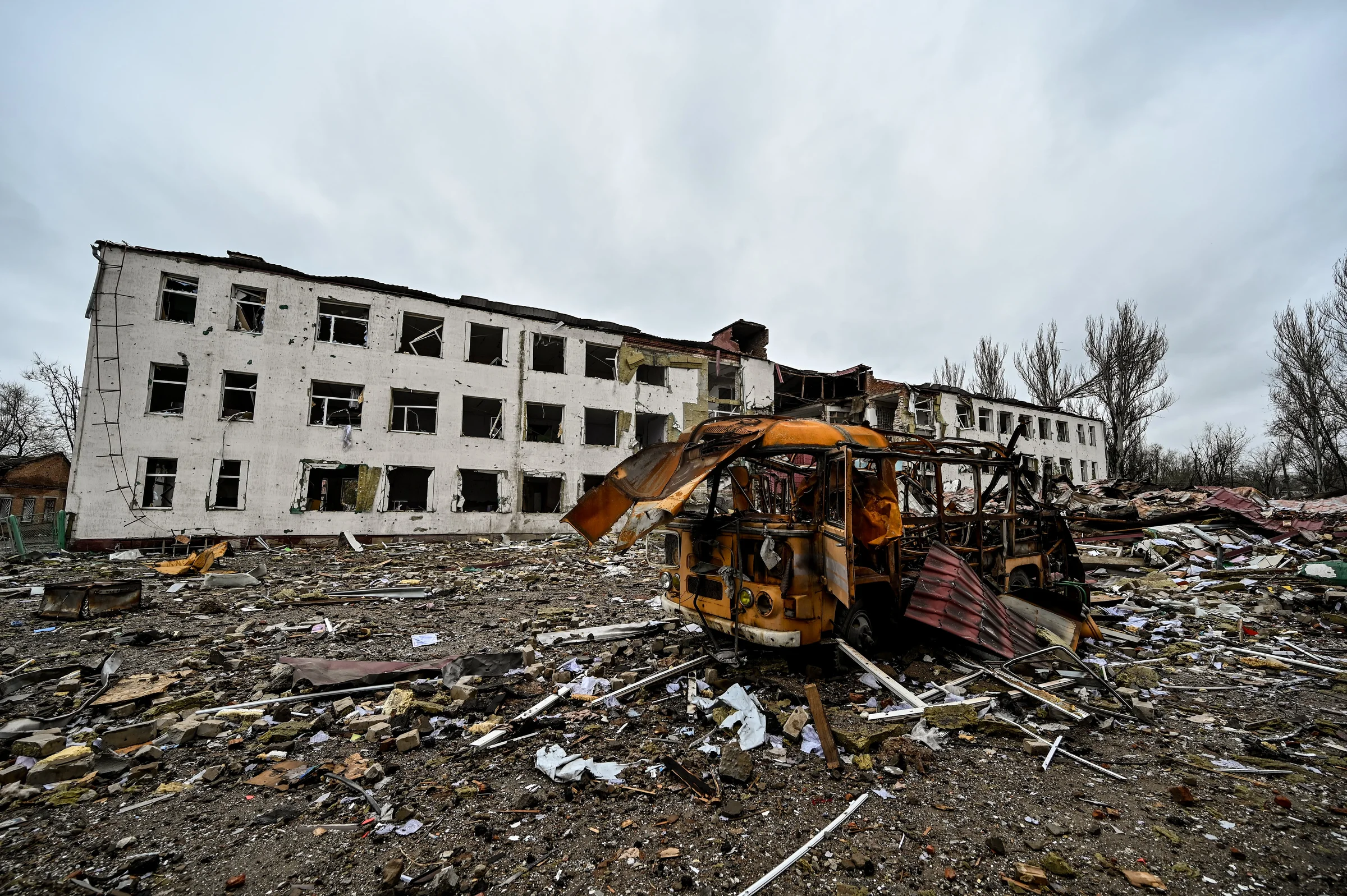
The #MYVMESTE “humanitarian missions” are being implemented under the April 30, 2023 decree by the President of Russia. Putin ordered the Federal Agency for Youth Affairs (also dubbed “Rosmolodezh”. – Ed.) to “provide support to volunteer activities” in the occupied territories. Namely, this agency and the Volunteer Centers Association (VCA), headed by the aforementioned Artyom Metelev, were ordered to develop a procedure for selecting and training the people who will go to Ukraine. The VCA is tasked with picking volunteers (especially educators) for the teams according to the developed procedure and supporting their work. In addition, “Rosmolodezh” works with the FSB and the Russian Defense Ministry to arrange the border crossing procedure for the volunteers.
Russia’s “humanitarian missions” to Ukraine’s temporarily occupied territories

So who is eligible for volunteering? The programme’s official website lists only two requirements for applicants: to be of age and to have Russian citizenship. The procedure for selecting and training volunteers (as outlined on May 27, 2022) also notes that one can join a “humanitarian mission” by showing a passport issued by the illegal armed groups “DPR” or “LPR”. Relevant education and volunteering experience are taken into account, too; the applicant must also pledge their readiness to participate in the “mission” continuously to its very end. The trips to occupied territories last 14 to 40 days.
Selection and training of volunteers for the Russian “humanitarian missions” to Ukraine’s temporarily occupied territories stage by stage:




The selection process has several stages, each featuring thorough checks by the Volunteer Centers Association team. Not only the volunteers, but the organizations applying for “help” are scrutinized. The latter are required, among other things, not to be on the list of so-called foreign agents and international organizations which are banned in Russia, “DPR” and “LPR”, as well as not to be affiliated with organizations or persons considered “terrorists” and “extremists” by Russia. People willing to volunteer have to file an application on the DOBRO.RF platform, which, again, is headed by the State Duma Committee on Youth Policy chair and Volunteer Centers Association CEO, Artyom Metelev.


Those whose applications were approved are allowed to take an online course on basic medical and psychological assistance, developed by the VCA and the All-Russian Public Movement “Volontery-Mediki”. The course materials – at least those accessible on the platform without signing up – contain no aggressive propaganda characteristic for pro-Kremlin information resources. Yet, the first module suggests that the participants look into the concept and basic norms of international humanitarian law, which Russia violates all the time.

After the online course, the candidates take a test and give a personal interview. What questions the future volunteers are asked at this stage is a secret shrouded in mystery. The selecting procedure only mentions that the tests are intended to determine the applicant’s motives for partaking in the “humanitarian mission”, their specific expertise, their reliability, stress resistance and other qualities that are usually listed in various job offers. Still, even this stage is not final. After the test, a candidate may be invited for one more interview – this time with an organization which is based in the territories occupied by Russia and has applied for “aid”.
It is currently unclear what warrants such a complex multi-step system for screening those who want to go to Ukraine as part of a Russian “humanitarian mission”. Maybe this is the organizers’ way of preventing undesired information leaks. In particular, they may be trying to conceal the fact that there are few experienced professionals among those willing to do volunteer work in the combat area, so they are targeting less protected groups to compensate for the lack of personnel. The checks are probably designed to identify the most “ideologically loyal” and “reliable” candidates who are not likely to cause trouble by disclosing sensitive information after they come back from Ukraine. We can also surmise that the interview stage features a “politics 101” talk aimed at whitewashing Russia’s crimes, fueling jingoistic attitudes and explaining which information can and can not be disclosed. Our study delves deeper into this aspect below.

Finally, the selected volunteers take a two-day training in Rostov-on-Don, where they hone their skills for working in emergencies. Incidentally, the “missions” website lists both professional experience and “conscious willingness to stay in an area where martial law is in place” as requirements for volunteers. The training taken at this stage is provided by employees of the Don State Technical University, the Russian Ministry of Emergency Situations, the All-Russian Student Aid Worker Corps, the public organization Liza Alert and the Rostov-based Autonomous State Organization “Donvolonter”. All these entities are complicit in arranging illegal trips to the occupied territories of Ukraine, which is also where Russian teachers (or, more often, students of pedagogical universities. – Ed.) are being recruited for further ideological “grooming” of Ukrainian children and young people.
Russian educators being sent to the occupied territories as part of the #MYVMESTE “humanitarian missions” specifically is not common. This is evidenced by the fact that the DOBRO.RF website rarely posts announcements about recruiting teachers for “volunteering” in the temporarily occupied territories. Whenever such professionals are sought after, they are mostly needed for “extracurricular work” in educational institutions – namely for so-called patriotic events. In addition, most reports circulating in the Russian media space are about students (with allegedly robust volunteering experience. – Ed.) in the “humanitarian missions”, while stories dedicated to professional teachers who joined the #MYVMESTE initiative are quite difficult to find. Even if one does come by such content, it is reminiscent of the Soviet stories about “BAM enthusiasts” (the Baikal–Amur Mainline. – Trans.), where educated and qualified people leave the comfort of their ordinary life to work on a construction site or do some other kind of community service in the occupied territories. For instance, in January 2023, a regional TV channel in Khakassia has released a report about an Abakan teacher, Alexander Ryabov, who had traveled to Luhansk oblast in the fall of 2022 to deliver groceries to the locals who “were affected by the Ukrainian nationalists’ shelling.”
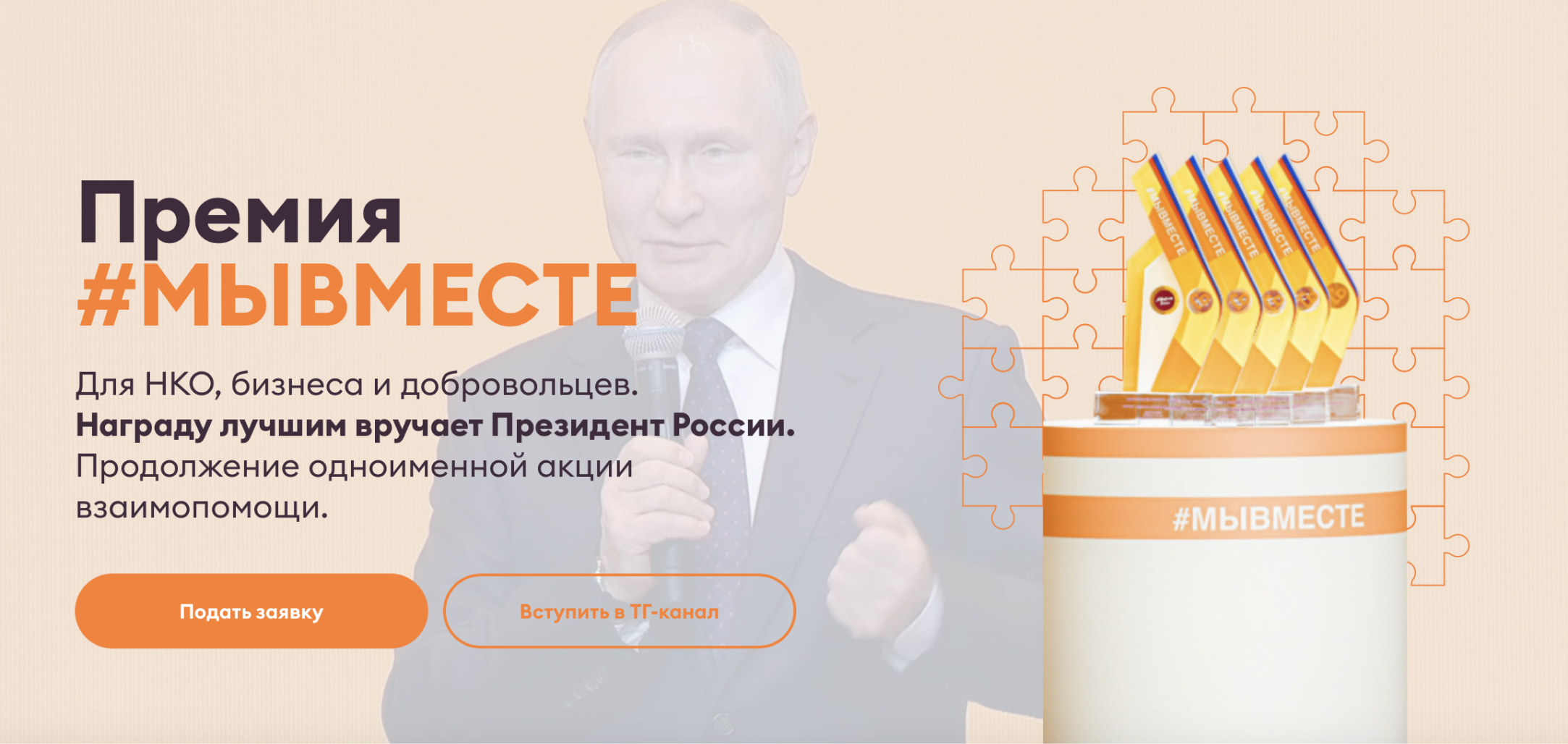
As for the students who join the “humanitarian missions” to the occupied territories, those have the attention of the federal media, regional news agencies and universities' platforms alike. However, the federal websites usually do not report on the personal stories of such “volunteers” and are quite vague overall. The details that usually are included are the name of the university sending the students on the mission and the region they are being sent to; some reports may list the tasks the “volunteers” are to perform and feature a group photo of them. The regional media, however, sometimes interview the students about their time working in Ukraine. Such interviews are similar in their pompousness: the “missionaries” always "eagerly join the fray", or agree to volunteer "without a moment of doubt, following their heart's call" and are desperate to "let people know the truth".
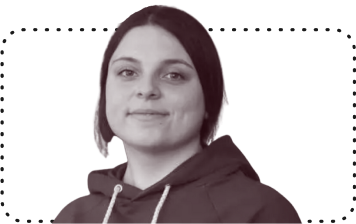


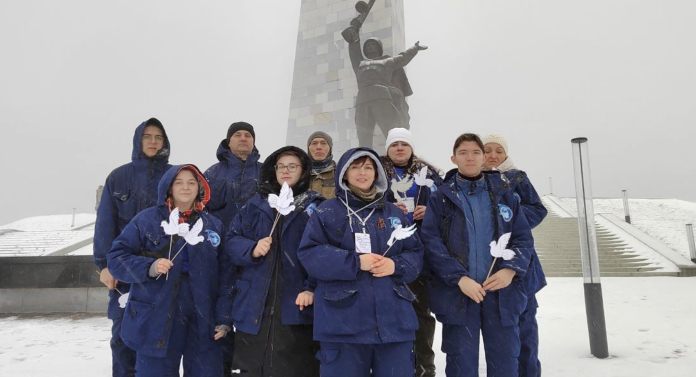
It would be disingenuous to say that none of the students in the occupied territories have gone there of their own volition, motivated by their ideology. Some stories shared by Russian propaganda resources as part of the #MYVMESTE promotional campaign may be true. Still, it is quite suspicious when a whole group of students from the same university or faculty ends up participating in one “mission”. Such instances have been covered repeatedly by Russian media. In June 2022, the chief of staff at the Volgograd region HQ of “Molodaya Gvardiya”, Nikita Sluzov, reported that around 20 students from a pedagogical university (the university in question is not specified.– Ed.)had been sent to the occupied Mariupol and Kherson.
“Molodaya Gvardiya” is an organization founded by Russia’s ruling party, United Russia, and affiliated with the Volunteer Centers Association by way of assisting in the selection of volunteers for the occupied territories. Could it be that every student came up with the idea of filing the form and applying for the programme at the same time, or was it an agreement between the “particularly committed” ones? Sluzov himself has complained of the lack of people and noted that since not many are willing to join the “mission”, teachers and students will be involved not only in the schoolwork, but in community service and supplying books for the libraries. See, United Russia is also behind the “Books for the Donbas” campaign, which delivers Russian textbooks and books that are written in Russian and aligned with the Kremlin’s ideology to the occupied territories.

The disparities in the conditions faced by different students in the occupied territories is another factor that suggests that participating in the “humanitarian missions” to Ukraine is not an entirely voluntary matter. For instance, on July 1, 2022, these efforts were joined by the youth organization “Russian Student Squads” (RSS), founded in 2004 with the support of the Russian Ministry of Education. The student squads’ “missions” usually last two to three weeks, but the participants may be offered a longer stay.
ПThe first RSS volunteer group was 50 students. They arrived in the quasirepublics “DPR” and “LPR” to work in three fields: education, healthcare and construction. Back then, the Russian parliament’s newspaper reportedthat all of them would have to work for free, “even the seasoned squad members who usually receive compensation for their labor.” However, the Kazan media outlet “Business Online” specified(citing the head of the Tatarstan branch of the RSS) that the students who work in construction would have a monthly salary of 65 thousand rubles. As for the medics and the educators, no money had been allocated for them indeed.
According to the Russian President’s decree issued on April 30, 2022, all that a “missionary” can count on is a 3 million ruble reimbursement in the event of trauma. If a volunteer dies, their family should receive 5 million rubles. So it is no surprise that the “missions” are not very popular among the experienced educators. Most of the veteran teachers who partake in the illegal implementation of the Russian education system in Ukraine go there on a lenghy work trip after being “recruited”, not as part of any “humanitarian mission”.
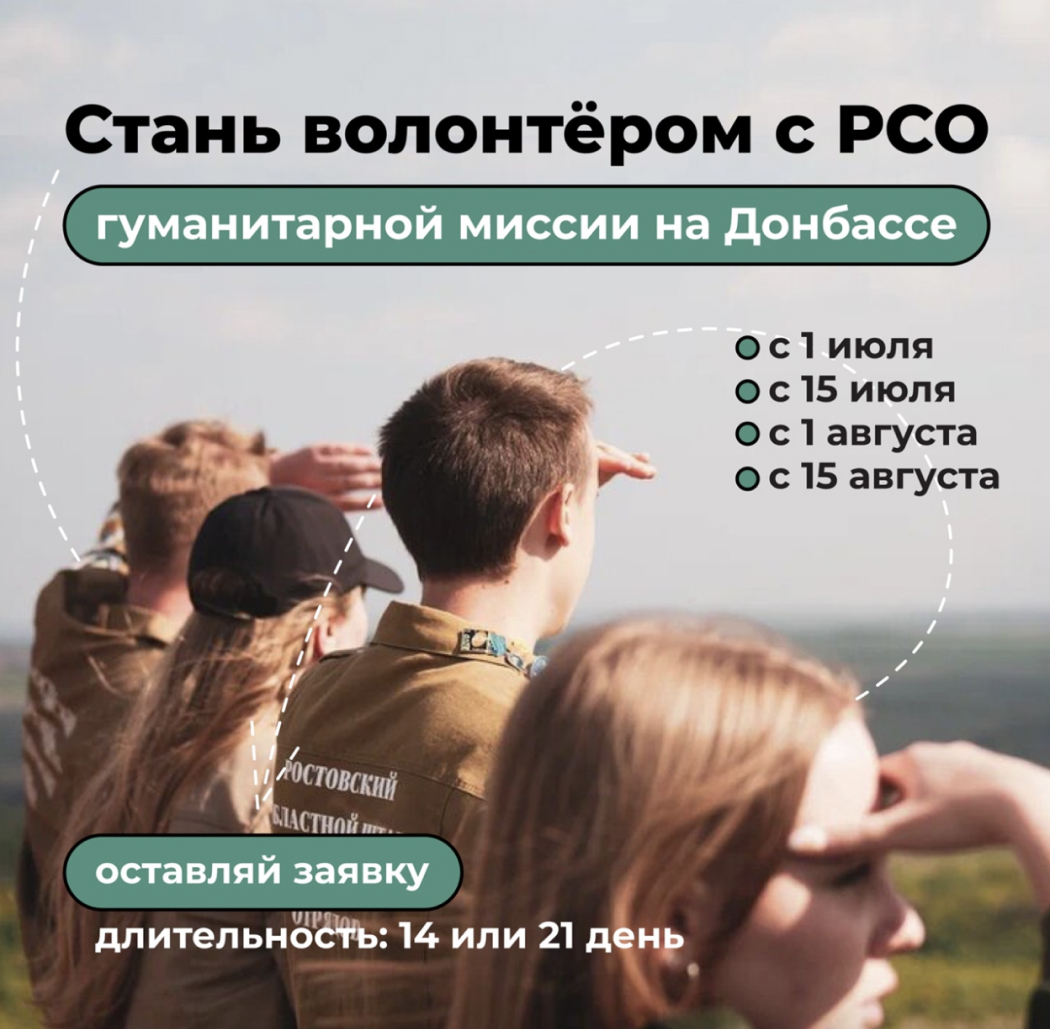
Russian “refresher training” and “capability building” for collaborators
Over 20 thousand teachers in the occupied territories of Donetsk, Luhansk, Zaporizhzhia and Kherson oblasts have been “retrained” according to the Russian education standards, with around 15 thousand more educators attending Russian “capability building” courses. The First Deputy Chair of the Russian State Duma Committee for Education, Yana Lantratova, reported this in February 2023. The mandatory “refreshers” are another scheme arranged by the aggressor state to illegally introduce Russian education into Ukraine; it involves learning some new skills with no previous knowledge.
For instance, such “retraining” courses are usually attended by teachers specializing in the Ukrainian language, literature and history (as well as elementary school teachers) who have agreed to work for the occupying authorities and now wish to teach the Russian language, literature and history respectively. The “capability building” courses, on the other hand, are for principals and headmasters of the schools in the occupied territories – as is the case with the Russian programme “Education Systems Management”.
Refresher training and retraining are not the same, but we should note that the aggressor state’s media sometimes mix up the twowhen they report on the “reeducation” of Ukrainian teachers, organized by Russia. The educators in the occupied territories who work by the Russian curriculum are considered collaborators, according to the chair of the Verkhovna Rada Committee for Education, Science and Innovation, Serhiy Babak. Article 111-1 Part 3 of the Criminal Code of Ukraine stipulates that collaborationist activities on the part of teachers, such as promoting the aggressor state’s propaganda in schools, shall be punished by community service for up to two years, arrest for up to six months, or three years in prison with deprivation of the right to hold certain positions or engage in certain activities for 10 to 15 years.

In Russia, “refresher” and “capability building” courses can be hosted by both for-profit and state organizations if they have a license to educate from the Federal Service for Supervision in Education and Science. However, there is no definitive list of entities mandated to “retrain” teachers in the occupied territories. The Mashuk Center might be the one organization involved in the “retraining” and “capability building” among collaborating teachers that is most heavily promoted in the Russian media space.
The project was initiated by the Federal Agency for Youth Affairs (“Rosmolodezh”) and the Russian Society “Znanie”, among others. The so-called education center opened in August 2022 in Pyatigorsk. Back then, the first ones to “check in” for the courses were teachers from the occupied territories of Donetsk and Luhansk oblasts. At the opening event, the curator of Russia’s “cooperation” with the quasi-republics “DPR” and “LPR”, Sergey Kiriyenko called Mashuk “the center to train the heroes of our time.”
In late October 2022, the center’s director, Anton Serikov, who is also the deputy CEO of the All-Russian Society “Znanie”, announced that Mashuk would be expanding their sphere of influence. According to Serikov, the center was working on “refresher” programmes not just for teachers from general education schools and universities, but for summer camp supervisors as well; Mashuk was also planning to lecture tour guides and bloggers on exactly what knowledge they should “impart” and what tools they should use for this.
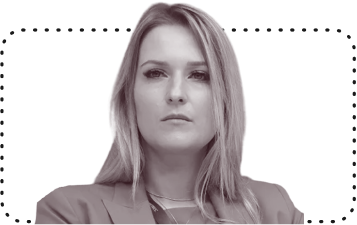
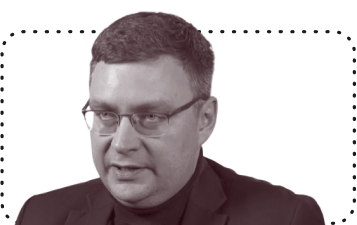
As for the “capability building” courses offered by the aggressor state, it should be remarked that educators in Russia itself are unwilling to attend them. Moreover, the additional specialized training courses seem to be so unpopular in Russia that the Kremlin propaganda resorts to covert advertising in… horoscopes. Namely, such content has been published by the propaganda portal “Moskovsky Komsomolets”. For instance, the far-from-academic article “Folk Beliefs for St. Naum’s Day: What Not to Do on December 14, 2022” advises: “Give some thought to continuing your education on this December 14. If an opportunity arises, sign up for a capability building course or learn a new profession.” And, if one is to believe the “prophecy” in another dubious article, titled “Star Cash: Zodiac Signs to Be the Wealthiest in August”, “Fire signs will take up a capability building course. The knowledge will unlock new prospects for both career and fortune.” Finally, the “astrologists” in one Kremlin mouthpiece recommend not to pass on capability building courses if your boss signs you up for one – just because “the learning will go well.”
Yet, willingness notwithstanding, the Federal Law ““On Education in the Russian Federation” obliges teachers to step up their professional skills consistently – no less than once every three years (that does not mean, however, that their employment contract with an educational institution will not bind them to pass such courses more often. – Ed.). If an educator refuses to attend such courses, their employer may take disciplinary actionagainst them. Russian teachers often complain that the lectures and homework they are given are absurd in content and that stress that these courses are added on top of their usual workload. The fact that they are often made to build capabilities beyond their subject of choice (say, PE coaches had to take a history class and historians were offered to take a psychology class) has also caused outrage among educators.
What is the logic behind this and how long this format of “capability building” has been practiced in Russia is unclear. However, seeing as Russia is sending volunteering teachers of any area of expertise to the temporarily occupied territories, these capability building courses might be used as an “argument” as to why a Russian PE coach would be better for teaching history or geography than a Ukrainian educator with the relevant expertise whose real shortcoming is simply refusing to work for the invaders.

Russia has no standardized approach to the “retraining” of collaborators, either. Some educators from the occupied territories are being sent to take capability building courses inside Russia, others have to take them online. Furthermore, collaborators from one school are sometimes dispersed across different places and offered different conditions for learning. For example, Tetyana Kondrashova, who works at the Kremlin-backed Luhansk Center for Information and Methodology “MSK1.RU”, has said in a comment to a regional news agency that school principals and headmasters were being sent to Moscow, while subject teachers had to go to Rostov, where the Russian Education Ministry Academy has opened a dedicated branch for converting the collaborators into the “Russian education standards.” The educators have to pay for the trip to Rostov themselves, even though at first they were promised that those expenses would be covered, says a teacher from one of the Luhansk oblast schools who wished to remain anonymous. The traveling expenses are indeed covered for the principals and headmasters who are taken to the Russian capital. This was stated by the Megabus CEO, Denys Katalov, who has been contracted by the RF’s Education Ministry Academy to provide transportation services. Incidentally, the educators who take the capability building courses remotely have to pay for them. For instance, the history and Russian language courses that are being offered cost 1800 rubles each after the discount provided to applicants from the quasi-republics “DPR” and “LPR”. The capability building courses for collaborators are usually one week long.
The entities developing the programmes for the “reeducation” of teachers from the occupied territories vary with the course’s topic (a specific subject, such as biology, or management-related disciplines for school principals. – Ed.) and target audience – teachers and principals of general education schools or higher education institutions. For example, such programmes as “Raising and Educating Preschoolers”, “School for a Modern Day Biology Teacher”, “School for a Modern Day Chemistry Teacher” were created by the Russian Education Ministry Academy. The Academy’s employees propose not just to provide the teachers with information directly related to a certain school subject, but also to explain to them how the occupied territories should be “integrated” into the “unified” Russian educational space. The programme “Education Systems Management”, on the other hand, targets school principals and was developed by the Russian Education Ministry together with the Moscow Education and Science Department’s City Center for Methodology. There is no definitive list of the developers and lecturers working on the capability building courses intended for teachers and principles from general education schools in the occupied territories; nor is there such a list for the courses offered to collaborators working in universities.
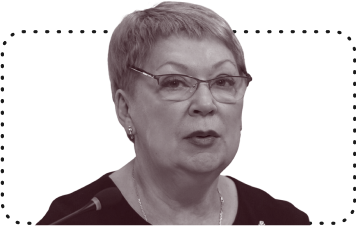

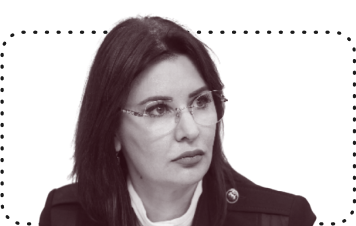
Yet, when it comes to the latter, some sort of order can be traced, as in May 2022 twenty-four higher education institutions in Russia partnered with universities in the occupied parts of the Donetsk and Luhansk oblasts. The partnership agreements were signed following a decree by the Ministry of Science and Higher Education of Russia. The document does not state specifically that such partnership would oblige the professors from these Russian universities to develop or provide capability building courses for their colleagues in Donetsk and Luhansk oblasts. Valery Falkov, the Russian Minister of Science and Higher Education, speaks of this “cooperation” quite vaguely, saying that the universities are to organize the learning process together, share their experience, arrange student exchanges, etc.
However, the Russian media space has evidence that some universities from the “partnership” list are involved in the capability building courses for collaborators in one way or another. For example, the Southern Federal University, which partnered with the Horlivka Institute of Foreign Languages, is among the organizers of a dubious capability building course for history teachers from the Donbas. The lectures offered by that course were dedicated to “the origins of early Russian statehood and the unification of the lands, as well as the formation of Russia’s territory in the XVI–XVII centuries.” Simply put, history teachers from Donetsk and Luhansk oblasts are being taught to manipulate historical facts and to force upon their students the Kremlin’s narratives about the Donbas being “a historically Russian land” and Ukraine having a “coup d’etat” in 2014. The course’s syllabus is largely comprised of materials provided by the Russian Academy of Education (RAE) and the Russian Historical Society (RHS). Neither of the two organizations is under sanctions yet despite their support for Russia’s armed aggression against Ukraine and their supervision of several projects aimed at erasing the Ukrainian language, history and culture by way of unlawfully implementing the Russian education system in the occupied territories and removing Ukrainian books. Which means that the employees of RAE and RHS can freely travel across the West and may even evade penalties for their crimes unless there are any targeted sanctions introduced against them personally, as in the case of the RHS chair and the head of the Russian Foreign Intelligence Service, Sergey Naryshkin.

This is but one of the numerous examples of the aggressor state’s universities partaking in the efforts to introduce Russian education into the occupied territories by “drilling” the collaborators. Russia keeps working to expand the centers for “capability building” courses. For instance, the Russian Ministry of Education and Science plans to open 20 such centers that will offer the course “Foundations of Russian Statehood” for university professors. Incidentally, the syllabus for this course was ordered by Putin personally.
In what ways do the occupiers terrorize Ukrainian educators?
Persecution and intimidation for pro-Ukraine views, abduction, imprisonment and inhumane treatment, torture, murder, sexual assault, severe bodily and mental trauma – all these crimes are being committed by the Russian army and Russia-affiliated armed groups in Ukraine. According to Article 7 of the Rome Statute of the International Criminal Court, the actions listed above are crimes against humanity. Furthermore, considering that the intent of these actions is to eradicate the Ukrainian nation fully or in part (as they are being committed on a large scale, pre-planned and systematic), they should be viewed as signs of Russia’s genocide of the Ukrainian people. Russia does target the Ukrainian educators who refuse to work for the occupiers with the whole “range” of war crimes – which is another tactic for illegally implementing Russian education in the temporarily occupied territories of Ukraine. The invaders are trying to coerce the teachers to side with them and suppress their resistance. There is no hard data on how many crimes have been committed by the Russian armed forces and affiliated groups against Ukrainian teachers specifically. However, the testimonies from the Ukrainian educators who survived the Russian occupation and the testimonies from their families make it clear: the terror against teachers was happening in all occupied parts of Ukraine, so these crimes should be seen as part and parcel of the system, not as outlier cases.
The appalling stories of the atrocities committed by the Russian occupiers and the Kremlin-backed paramilitary groups have been reported by both Ukrainian and foreign media. For example, the experts with the international Mobile Justice Team have collected the evidence proving that the Russian torture sites in Kherson, where Ukrainian teachers had been held on par with other civilians, were not incidental, writes the British newspaper The Guardian. Having interviewed over a thousand survivors of the Russian occupation and torture, the investigators confirmed that – the torture facilities were a part of the occupiers' plan,, sponsored from the Russian state budget and managed by the Russian FSB The occupiers recruited Russian prison employees and collaborators to work in the torture centers as well. Some captive Ukrainians were tortured for hours on end, sometimes by electric current.
Lyudmyla Mymrykova, 75, a Ukrainian teacher from Myrolyubivka (Kherson oblast), had to endure the horrors of the Russian occupation in her own house. Lyudmyla's story has been reported by the Ukrainian BBC: “After a month in occupation, Lyudmyla and her daughter Olha got a chance to leave for the Ukraine-controlled territory. However, despite Olha’s pleas, Lyudmyla refused to flee to safety in hope of keeping her possessions – most of all the collection of documents about the history of her village and her family.” On the night of July 13, 2022, a pro-Russian instigator barged into the woman’s home. He beat Lyudmyla, strangled her, stabbed her several times and raped her. It is unclear whether the attacker knew about her job. However, the war unleashed by Russia has put civilians, including teachers, in a state of constant danger. They go missing or die horribly, killed in torture chambers or by shells fired by Russian soldiers or the affiliated armed groups. In all cases, Ukraine is losing its citizens and those who work to preserve our national and cultural identity. The stories of educators who died as a result of Russia's aggression are available on the website of the Ukrainian online media “Svidomi”. The journalists work in partnership with the Media Growth Agency “ABO”, which created the project “Memorial: Killed by Russia” after the start of the full-scale invasion.

One of the victims who were tortured to death for their pro-Ukraine views specifically is Serhiy Bozhko, 60, a math teacher from Lotskyne, Mykolaiv oblast. Serhiy’s wife, Tetyana Bozhko, told “Fakty. ICTV” reporters that the Russian army and the so-called “DPR” police had known about her husband’s political stance and had been seeking him out deliberately: “They arrived with machine guns, entered the front yard: ‘Where’s your husband?’ I think they knew where they were going, whom they had come for. They were shouting at him: ‘Ukrop! Ukrop!’”
Victoria Andrusha, 25, a math and computer science teacher from Brovary, was visiting her parents in Stary Bykiv (Chernihiv oblast) when the Russian army entered the village. The young woman was detained and, as it later turned out, taken to Russia. Victoria’s sister, Olha, has been interviewed by the Human Rights Watch; according, to her, the Russians had come to search their family’s house multiple times, saying that the family might have been working for the Ukrainian forces. First, on March 25, they detained Victoria (there is an error in the English language version of HRW’s report: Victoria was detained on March 25, not March 26. – Ed.). The occupiers found out that she had been leaking the information on the Russian army’s movement and accused her of espionage. Victoria was not employed by the special services; she was in her own home country at the moment the village was occupied, and the information she was sharing was valuable for defending the lives of Ukrainians from the aggressive Russia – by the way, anyone could have done the same, as after the full-scale invasion the government has created special chatbots where everyone can report on the location of the enemy and their weapons.
Having kidnapped Victoria, the occupiers came to her family’s house again to retrieve her documents and detain her mother for “raising her daughter poorly.” It was only on March 31, after the village was de-occupied, that the woman was back home. Yet, Victoria Andrusha’s whereabouts had been unknown for a long time – as it later turned out, she was imprisoned in a pre-trial detention facility in Kursk. The young woman was released and brought back home on September 29. Victoria has told stories of beatings, intimidation and humiliation suffered by the inmates at the hands of Russian prison staff. According to her, the policemen used electric current as a means of torture, threatened to shave the women’s heads, forced the prisoners to sing the aggressor state’s anthem and other pro-Russian songs every morning, and only allowed them to walk around the prison bent over at a 90 degree angle.
Oksana Yakubova, the principal of the Lyceum No. 2 in Nova Kakhovka, Kherson oblast, was accused of “implementing Ukrainian education on the territory of the Russian Federation,” reported the RFE/RL project “Novyny Pryazovya”. She and her colleague Iryna Dubas, the principal of the Nova Kakhovka Lyceum No. 3, were thrown in an underground prison cell. The occupiers were trying to coerce the women into working for them: namely, to continue the lessons by the Russian curriculum and to return the computers used by the teachers to work remotely back into the schools. Yakubova says that the Russian forces needed the equipment to create the illusion of an “exemplary Russian school.” After a week of imprisonment, the principal’s colleagues delivered the computers and she was released.
Lidia Tilna, 60, a lyceum principal from Ivanivka, Kharkiv oblast, refused to work for the Russian occupiers, too. Lidia was detained as she tried to flee the occupation: she turned out to be on the “black list”, the woman later told Channel 24 reporters. She spent 19 days detained at the Vovchansk assembly plant (Kharkiv oblast), where the Russians starved her, threatened to shoot her, put a sack over her head and, again, forced her to sing the occupier state’s anthem.
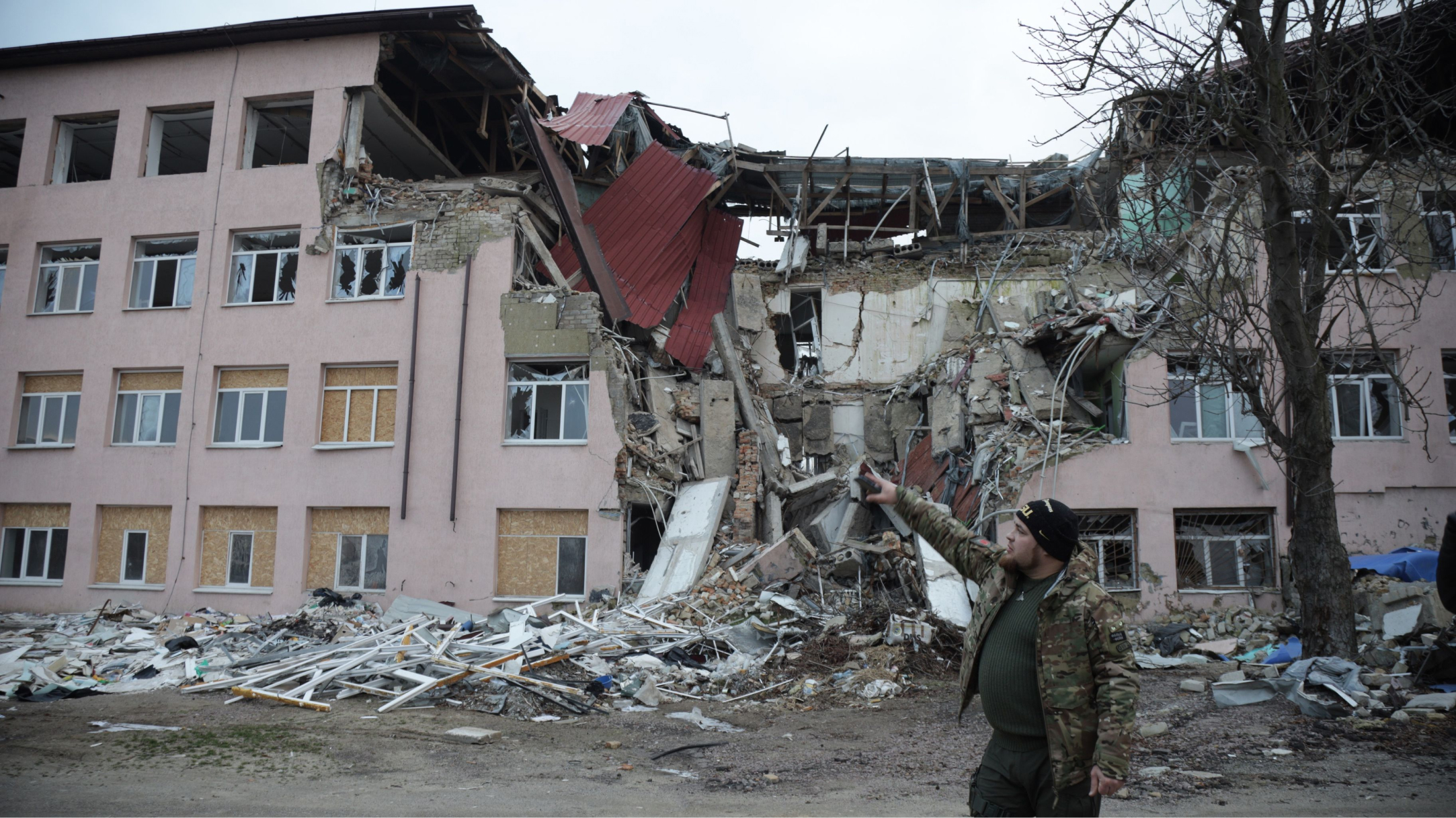
While terrorizing Ukrainian educators, Russia has also been trying to intimidate or bribe the parents of Ukrainian schoolchildren. For example, the Kharkiv Human Rights Protection Group has reported on the invaders in Zaporizhzhia and Kherson oblasts threatening Ukrainian families, telling the parents their rights over their children would be terminated if they refused to send them into Moscow-backed schools. The Russian President has also announced ahead of the new school year that every schoolchild in the occupied territories of Donetsk, Luhansk, Zaporizhzhia, Kharkiv and Kherson oblasts would be eligible for a 10 thousand rubles subsidy if they become students of collaborators and occupiers.
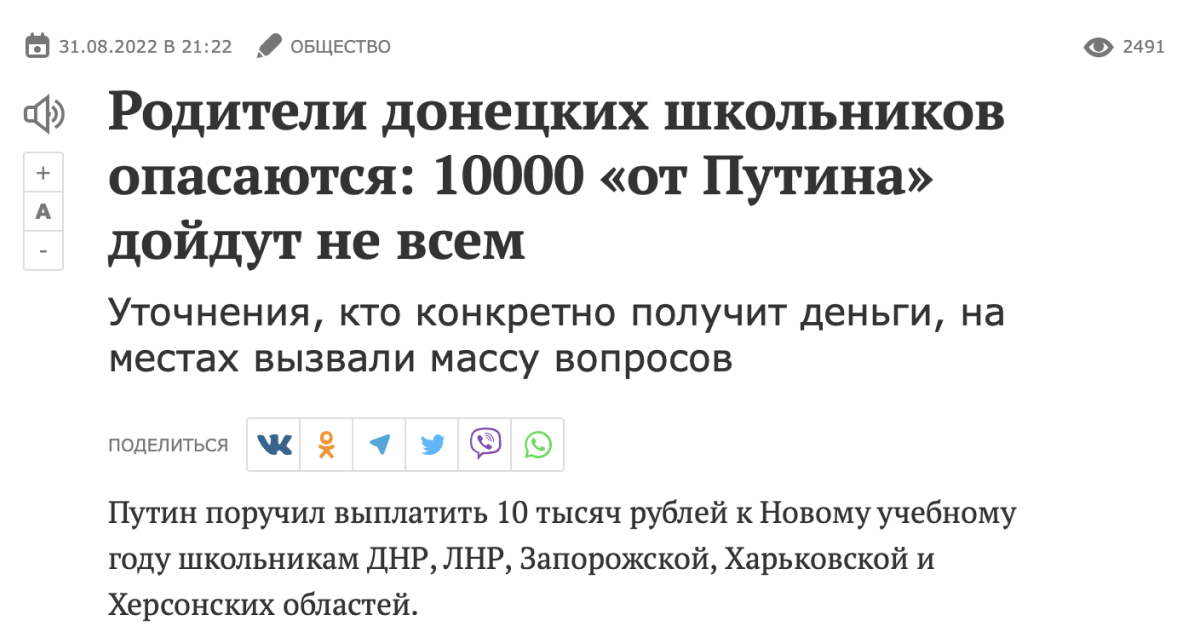
On top of the war crimes targeting Ukrainian teachers in the occupied teachers, Russia is committing a wide range of unlawful actions aimed at impeding Ukrainian education. According to the Ministry of Education and Science of Ukraine, as of January 24, 2023, the aggressor state has damaged 3051 schools. UNICEF has estimated that 5,3 million Ukrainian children struggle to access education. In particular, the children complained about the blackouts, having no Internet connection and being unable to attend lessons in person due to shelling and school buildings being destroyed. There have also been instances of the Russian army and the armed groups affiliated with it creating makeshift military bases inside schools. The UAF Office for Strategic Communications reports, that the occupiers deliberately relocate their troops to schools, kindergartens, hospitals, business centers and malls to use locals as a shield and impair the UAF’s ability to strike them. Furthermore, the Kremlin propaganda often spreads fake тand manipulative news alleging that the Ukrainian army shells schools deliberately. This is how the Russian pro-government media try to demonize the Ukrainian Armed Forces:
Sometimes it is not only Russian pro-state media but foreign resources as well that spread the Kremlin propaganda or fakes created by way of “mirroring” (i.e. the aggressor accusing the victim of their crimes. – Ed.). For instance, on February 25, 2022, the British tabloid The Sun posted a YouTube video, of a man in an unmarked military uniform claiming that the UAF shelled a school in Horlivka, Donetsk oblast, killing two teachers. “There were no children in the school: everyone has either been ‘evacuated’ or stays at home,” he says. In reality, though, there is no evidence that the school was damaged by the Ukrainian troops. Nor is there any explanation as to who the unidentified people in the video are, why they are in the school building and if their presence is not the reason why the children are unable to study offline. Moreover: the video description merely says that the man commenting on the situation and accusing the UAF of the attack is an “investigator”, no specifics.

In fact, he is Ihor Krupko – a representative of the Kremlin-backed illegal armed group “DPR”. It was the occupation authorities that appointed him an “investigator” of the Horlivka interregional prosecutor’s office, which answers to Moscow. The Sun’s report violates multiple journalistic principles such as credibility, accuracy, completeness and balance. Apart from the “DPR” representative, the video only features comments by pro-Russian citizens, which may create the false impression that all the locals are on the side of the aggressor state. The tabloid also refers to Horlivka as a “separatist-held” city instead of a city which has been temporarily occupied by Russia. The Institute of Mass Information stresses– there are no notable political groups in Ukraine that want parts of the country to secede and become new, fully independent states. There are, however, the invaders’ henchmen who want Ukraine to be absorbed by Russia in full or in part. So instead of calling them “separatists”, the correct terms for journalists to use are “pro-Russian instigators”, “traitors”, “collaborators”. Follow the hyperlink to see more recommendations for covering the Russo–Ukrainian war, compiled by IMI and the Center for Strategic Communications and Information Security..
On the topic of Russia using school buildings in unlawful ways, there is evidence that Russian troops have set up detention and torture facilities in some of them and held Ukrainian civilians captive there. In October 2022, Human Rights Watch released дan investigation into the Russian occupation of Izyum, Kharkiv oblast, where they mention seven locations, including two schools, which had been turned into torture sites (the Associated Press reporters have written, that there had been 10 such sites. – Ed.).
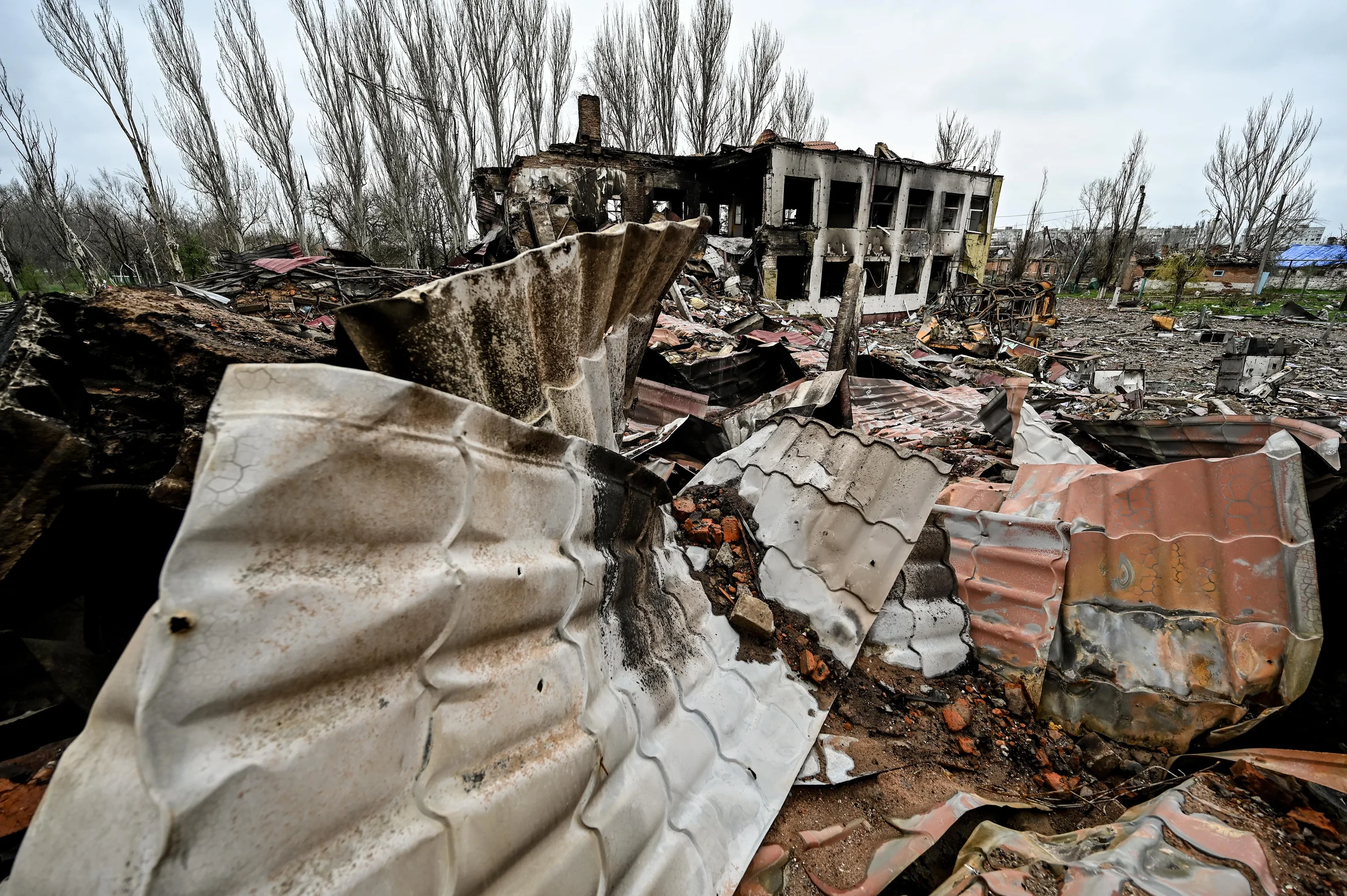
Finally, another way in which Russia violates the Hague Convention for the Protection of Cultural Propertyis seizing and destroying books, by Ukrainian authors, textbooks or literature translated into Ukrainian, and replacing them with Russian handbooks, textbooks and other works by the aggressor state’s writers. Not just that: Russia is seizing even the Russian language books that mention Ukraine, as noted by the head of the Luhansk regional military administration, Serhiy Haidai, in July 2022. In January 2023, a "blacklist" of books , compiled by the so-called education and science ministry of the illegal Kremlin-backed armed group “LPR”, was leaked online. The list banned 365 books – both non-fiction and fiction. The “blacklisted” authors include the dissident Levko Lukyanenko, military and political figure Symon Petliura, filmmaker Oleh Sentsov, Ukraine’s Foreign Minister Dmytro Kuleba, philosopher Volodymyr Yermolenko, historian Serhiy Hromenko, journalists Valentyn Torba and Vitaliy Portnykov, writers Tetyana Maliarchuk, Oksana Zabuzhko, Maria Matios, Iren Rozdobudko. Russia’s henchmen demanded that the libraries in Luhansk collect these books and prepare them for being taken away, alleging that such literature promotes “extremism” and “reflects the ideology of Ukrainian nationalism.”
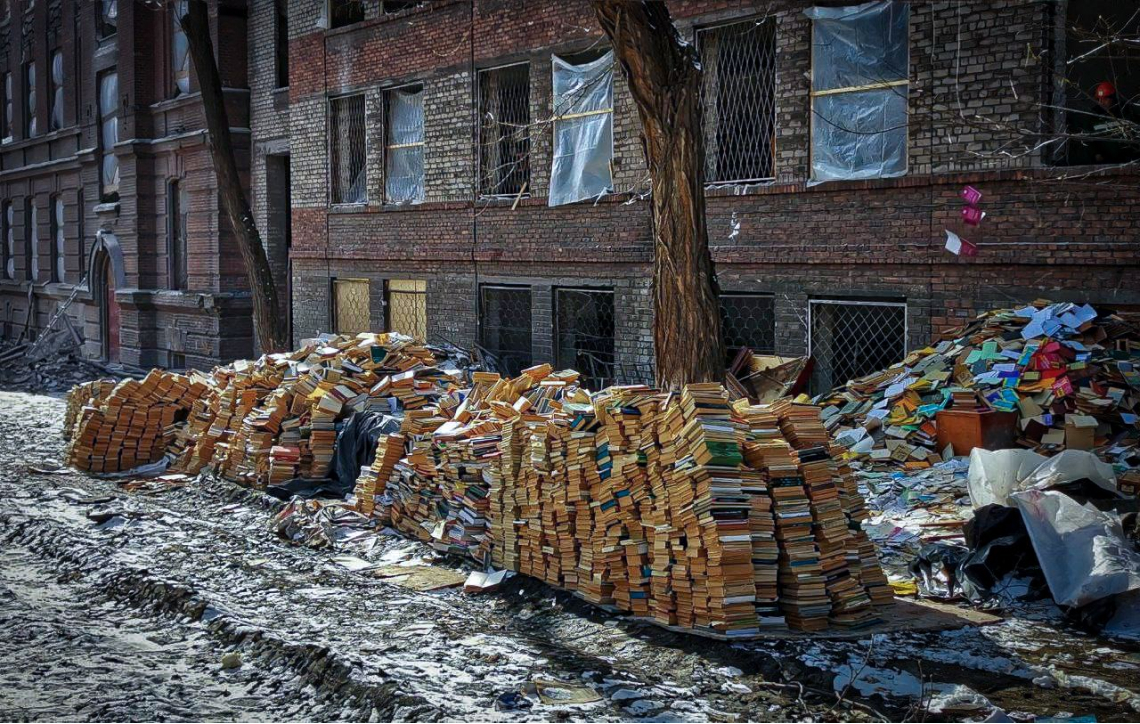
There is no hard data on how many Ukrainian books the occupiers have destroyed since the start of the full-scale invasion, but the media evidence and confirmations from law enforcer agencies give us grounds to say that Russia’s actions are systematic and are being carried out on a massive scale. In Oleksandrivka (Kherson oblast) alone, the Russian troops destroyed a library,hat stored over 16 thousand books, and the Oles Honchar Library in Kherson has been looted. by the occupiers. 9,5 thousand books in Ukrainian have been taken away from the temporarily occupied Donetsk oblast. In Mariupol, the Russian invaders burned all the library books from the Petro Mohyla’s church (OCU). The National Resistance Center has recorded Ukrainian books being burned en masse in Rovenky town, Luhansk oblast. Moreover, around 22 thousand Ukrainian history textbooks have been seized from schools in Luhansk oblast and
shipped away to an unknown location. Zaporizhzhia and Kharkiv оblasts also saw the confiscation and disposal of Ukrainian books. For instance, back when Kharkiv oblast was occupied, the invaders forced school libraries in the Kupyansk district to compile an inventory of all books (including books for children. – Ed.) printed after 1991 and to destroy them. In September 2022, expert librarians in Chernihiv oblast estimated the losses at 42 million hryvnias. These were caused by library buildings being damaged and about 682 thousand hryvnias worth of books being lost.
ЗIn total, as of December 25, 2022, 453 libraries have been affected by the Russian aggression, 155 of those being destroyed completely, reports the Ukrainian Ministry of Culture and Information Policy. Most of the affected libraries are in Donetsk (27%), Kyiv (17%) and Mykolaiv (13%) oblasts.
The Institute of Mass Information emphasizes that Russia’s attempts to implement its own education system in the occupied territories and all schemes and efforts that serve this purpose should be viewed as part of a cultural genocide of the Ukrainian people.
What is cultural genocide?
The notion of cultural genocide was coined by the lawyerRaphael Lemkinthe author of the first UN human rights agreement and the Convention on the Prevention and Punishment of the Crime of Genocide. Cultural genocide has been defined as a subcategory or an aspect of genocide , together with the biological and physical aspects, as Lemkin believed that “genocide” as a concept could not be reduced to mass murder alone. In his book “Axis Rule in Occupied Europe”, he outlines two phases of genocide which have the cultural aspect at their core.
The first phase is “the destruction of the national pattern of the oppressed group, the other, the imposition of the national pattern of the oppressor.” We are now witnessing Russia implement these phases of genocide in the temporarily occupied territories of Ukraine, including the field of education. The aggressor state is trying to ruin everything that is tied to the Ukrainians’ national identity: burning Ukrainian textbooks and literature by Ukrainian authors, banning lessons in Ukrainian, introducing the Russian education standards and teaching children by Russian agitprop textbooks instead – and, of course, persuading he Ukrainians in the occupied territories that Russian is their “native” language. Terrorizing Ukrainian educators and coercing them into cooperation and sending Russian teachers to Ukraine’s occupied territories can also be considered a part of the cultural genocide which is being implemented through suppressing the bearers of Ukrainian national identity and integrating the bearers of Russian identity.
According to Lemkin, genocide is directed against the national group as an entity, and the actions involved are directed against individuals, not in their individual capacity, but as members of the national group. So Russia is deliberately and systematically committing war crimes against teachers not only because they are Ukrainian, but because they work to preserve the memory of the whole nation, passing down the knowledge of Ukrainian history, language and culture.
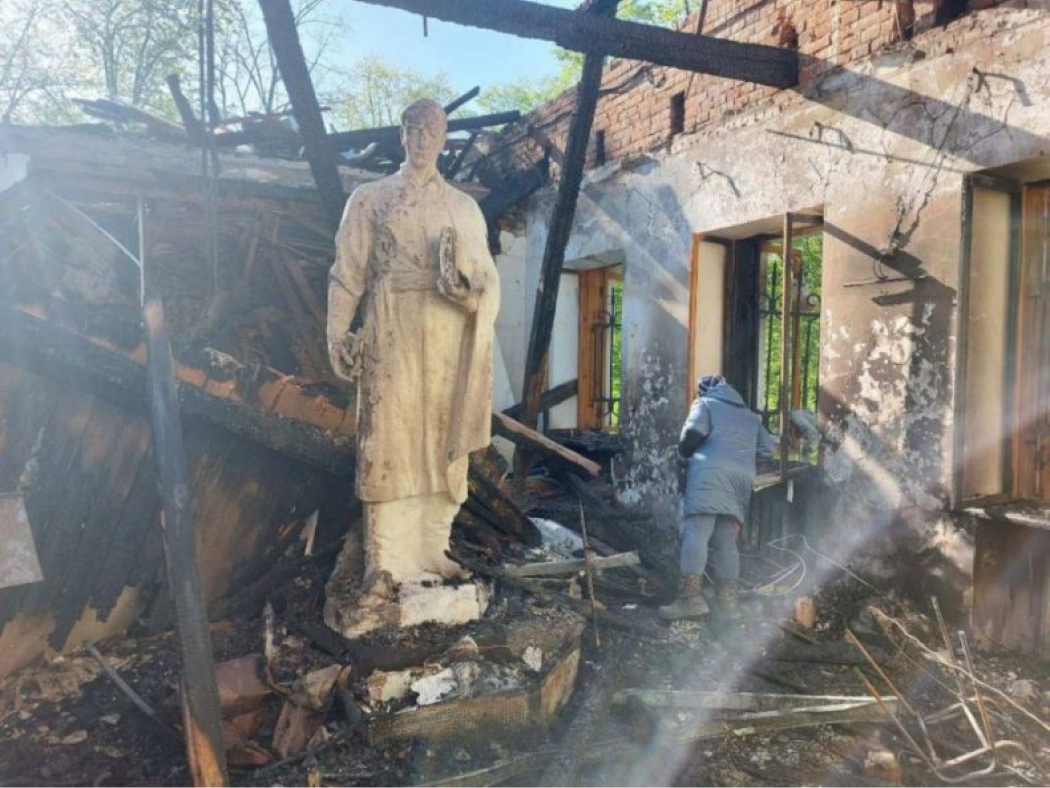
Incidentally, if we view Russia’s crimes through the lens of cultural genocide, it becomes evident why the aggressor state would destroy not only the historical or patriotic Ukrainian books, but all of them, including the children’s literature, folktales, etc. The answer is simple. The books written in or translated into Ukrainian, the books about the adventures of Ukrainian folktale heroes are an element of Ukrainians’ unique national identity. Therefore, Russia must replace Kotyhoroshko or Ivasyk-Telesyk with some Emelya of their own. The aggressor state has developed multiple programmes for supplying Russian books to the occupied territories, with the “Books for Donbas Children” campaign (launched on March 21, 2022) being the largest one. It was initiated by the ruling party, United Russia, and the Russian Ministry of Education. Over the course of this campaign, Russia has imported over 800 thousand copies of pre-selected books into the temporarily occupied territories, reports Darya Lantratova, United Russia deputy secretary and the representative of the illegal armed group “LPR” in the Russian Federation Council.
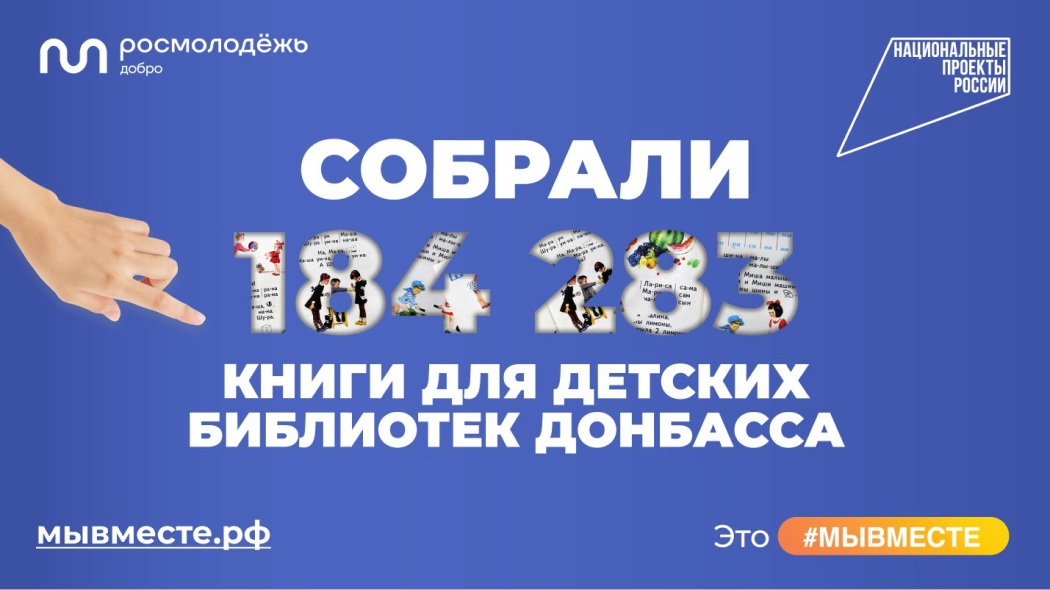
Lemkin’s framework implies that cultural genocide may manifest as systematic and deliberate destruction of both tangible cultural heritage (in the context of the study at hand, this can pertain to library buildings or physical copies of books and textbooks, which Russia destroys purposefully and on a large scale. – Ed.) and intangible cultural heritage, such as the aggressor barring the victim group from speaking their native language. In his study, Lemkin mentions the language policy of the Third Reich as an example of cultural genocide. When Germany invaded Luxembourg in 1940, German became the language of the courts, of the schools, of the government and of the street. The occupiers forced out the French language: it could be neither used nor even studied in primary schools.
The current Russian regime, on its part, has been working to snuff out the Ukrainian language in schools in the temporarily occupied territories for years, since long before the full-scale invasion. Right after Russia occupied Crimea, the so-called education minister from the Kremlin-backed government installed on the peninsula claimed, that schools would be allowed to choose the language of instruction. She stressed that three languages had the “official” status in the occupied Crimea: Russian, Ukrainian and Crimean Tatar. In reality, however, the “free choice” was a sham. In June 2015, the occupying authorities passed the law" on education, wherein Article 11 Part 1 states clearly that education in local schools is to be “carried out in the state language of the Russian Federation.” Part 2 of the same article has a fairly vague clause about the place of other languages in the education process, which says that Crimeans have the right to receive education in their native language, including Ukrainian and Crimean Tatar, and the right to study their native language, but only “within the range of opportunities offered by the education system.” In practice, the only such “opportunity” that Russia offered to Crimeans was allowing them to study Ukrainian as an elective.

Станом на 2019 рік, за According to the Crimean Human Rights Group, there were no Ukrainian schools on the peninsula by 2019. As for Crimean Tatar, activists reported 119 classes studying in this language in 2021. Before the Russian occupation, there used to be 15 schools and 384 classes on the peninsula whose language of instruction was Crimean Tatar. Following the full-scale invasion, Russia has not even been trying to be coy about its intentions: the aggressor state began to overtly ban the Ukrainian language in the temporarily occupied territories. In Crimea, all Ukrainian speaking classes have been disbanded. Furthermore, on February 17, 2023, Putin signed into effect the "bill" on the integration of the temporarily occupied parts of Donetsk, Luhansk, Kherson and Zaporizhzhia oblasts into Russia’s education system. Russia was actively working to Russify the children and teenagers in the Donbas even before February 24, 2022, but you could still learn Ukrainian in some places in the occupied territories. After the invasion, however, the language was banned completely – even despite the schoolchildren’s parents speaking out against this.
“Many parents voted in favor of learning Ukrainian. Language has nothing to do with this conflict, they said, and they would like to keep it for their children to study for the sake of ‘broadening their horizons overall’ – the more languages the children know, the better. But it was removed nonetheless,” says Antonina (the media resource does not mention her last name. – Ed.), a collaborator and elementary school teacher from Luhansk oblast.

In summary, Russifying Ukrainian education is the occupiers’ deliberate tactic intended to erase the Ukrainian national identity. This has been stressed by Ukraine’s Language Protection Commissioner, Taras Kremin. The Commissioner’s website also statesthat the eradication of the Ukrainian language by Russia (not just in the education sphere) comes together with intimidation, physical violence, confinement, abduction, torture, murder, etc.
he factors listed above suggest that cultural genocide is the most appropriate term to define the entire range of Russia’s actions, including those that pertain to introducing the Russian education system into the temporarily occupied territories, seeing as they serve to erase the national identity of the Ukrainian people. However, it so happened that the cultural aspect of genocide was not included in the final Convention on the Prevention and Punishment of the Crime of Genocide. For instance, the UN document says that forcibly transferring children of the group to another group is genocide. Yet, the cultural aspect of genocide would imply that the aggressor state might also be erasing a group’s national identity without moving the children – by turning the temporarily occupied territories into an environment which is equivalent or similar to that of the aggressor group.



Given the aforementioned facts, the Institute of Mass Information states that the cultural aspect of genocide must be taken into account when documenting Russia’s war crimes. The aggressor state is operating in multiple fields and employs a wide array of tools to eradicate the Ukrainian nation, so a situation wherein Russia’s unlawful actions are de jure not crimes due to the “blind spots” in international law is unacceptable. The need to adapt the approach to defining grave violations of children’s rights during armed conflicts has also been emphasized by the Center for Civic Education “Almenda”. The Center has stressed that “the system for protecting children’s rights in an armed conflict must take into account not only the issues of personal and physical safety, but also that of securing one’s identity, as occupier states might create an environment in which preserving your identity or sense of belonging to a certain national group is impossible.”
Outlining his concept of cultural genocide, the lawyer Raphael Lemkin emphasized the need to protect the persecuted group for its own sake and for the sake of protecting the cultural diversity of humanity. For our part, the Institute of Mass Information aimed not just to showcase the scale of Russia’s crimes and the multitude of people and organizations complicit in the cultural genocide, but to define further steps to tackle this issue.
IMI calls on the Ukrainian authorities and the international community to:


